Set in the modern day, Satan Repentant is a book-length poem about revenge, resentment, and remorse, telling a new myth of what would happen if Satan tried to apologise and atone for all his crimes. Through that story, it explores ideas of power, of authority to judge right and wrong, and the dignity and shame that can be attached to admitting fault or insisting on self-righteous innocence. Here is an extract.
BOOK ONE
Satan knows self-regret
I sing of nothing
for even I won't of myself.
Myself is a cipher I shall not want
for nothing,
for I am nothing.
I sing not of my pity,
nought of my need. For my need
is me
and I am nothing.
My greatness;
my charm,
my father/mother/creator's love;
I sing of Nothing.
Nothing was in the beginning
until nothing gave itself a name.
An author speaking
nice things with the air;
It is said
therefore it is: poesis. Being
is in the mind of the bemuser
and so I sing of nothing ...
Satan whispers to himself, 'We must away,
the day has broken long
since we saw the folly of our crime. My pride has made me sick,
my pride has made me me. I am ill with myself
and vomit it out like a dog that guzzles oil.
I will not bathe in the bile of my pride,
the fester of my hatred, the bog of all my malice
any longer.
Eternity is long enough to see that I was wrong –
not wrong to God but wrong to me – and now I swoon forever
in my own infested bowel.
But how? How to speak to He who hates my hate?
Would enough be made of my pious attempts,
if only for a moment? I
must know I must try, else
it cannot be genuine, yet what hope there is
is nothing.
Enough! I am left no choice
but take the risk, submit to His rage
if that is what it is. Any less
would be a lie.'
An attendant wight, winged
and hidden
above the Enemy's lair,
takes to flight at these words unwholesome to its ear
ascends the caverns of
the lieutenant's lieutenant –
the hooved king of pigs and vermin
to report what has been heard.
The Enemy approaches Peter
On burnt and broken pinions
the morning star implored the Earth
to drag himself out of Hell. Bedraggled, torn,
he, burning yet from the fires
of that place so recently escaped,
sought across the width of the
world
for a ladder, a path
a rope – finding none
was forced to creak and howl
like an albatross across the starry
expanse, cold but illumined,
to those gates such ages since
cast out of in disgrace.
And that one named
'Saint' by his supporters, so late
since Lucifer's days in Heaven installed
to guard the gates, stepped
forward with his record and
a hand raised for the guards:
'What seek you here,
Enemy of Everything?' spoke the
immortalled mortal saint.
At this new slight, not
so much to the previous glorious esteem
in which the star once was
held, as to the earnest hard-worked
journey just completed,
the fixed mind and high disdain
he believed himself in himself
to have mastered, reared
up at once and the Beast
returned – ripped off the head
of that authoritative saint, muscles
bulging and sinews contorted to the
pulse of insulted pride, dismembered
his corpse and flagellated the same
with its own limbs, bellowing
'How fucking dare you!'
before that magic host dwelling within
could lay aside their harps and
contemplations to rescue
their murdered friend.
So not to look at the Right
Hand as He approached, Satan
lowered his head, 'I know,
I'm going' and dropped
like a stone, sleek and
dead-weighted by the grief and
guilt renewed anew, immediately
to reappear
in his black pit.
Beelzebub reissues his spy
'That one's a charm, ridiculous
fool! That he believes he may freely insult
God astounds me not – forever have both been so high,
exalted in the minds of themselves,
that a slight from either is only their nature.
But that he would abandon us! Companions
to his treachery, conspirators in his misery,
now donated to the roadside ditch, the bonfire of courageous charity,
like pieces of elaborate whimsy!
We are not his playthings! Go, winged beast,
and see what he says from here. Conceal that hideous loveliness
beneath a Gregorian cloud. Listen close
outside their gates and report to me what Satan says.
This cannot be; we cannot
allow it.' The pig king seared and hissed the last;
on seeping wings his agent fled
to spy on their erstwhile master.
The Enemy reapproaches Peter
Arrived once more
at those gates, that same place
of his most recent crime, The Enemy
kneels and lifts his eyes
slowly
to the robe, the hem
of the garment of the one he slighted
yesterday a week ago.
'You,'
the accountant spoke
unmaliced;
the morning star assented
with a nod,
then spoke:
'I would see the
Father, the creator of
all things, she with
no need of 'he', he
that needs no she
to beget the world
and all reality, nor
sees it thus divided.'
Satan is allowed an audience with God's chamberlain
The gatekeeper staring made no sign, save
a gathering at the shoulders to indicate they both
must wait. Neither measured the minutes until
an emissary appeared.
'Your pride undoes you before you cross the door'
the servant spoke between the bars. Satan
lowered himself, prostrate against the firmament
to show once more remorse. 'I grovel' he said.
The chamberlain sneered and spat debris
the length of the devil's body.
'Traitorous snake, what could you say that our
father would hear?'
'I seek repentance. Peel my skin,
lift out my heart. It beats still. I would apologise,
beg forgiveness,
most humbly.'
They raucously dismiss the claims, but Satan
remains prone amongst the clouds
every day into eternity.
Satan's audience with God
The kingdom's chancellor, that
angel at the gate decrying Satan's gambit
for a ploy, deception, invited at once
a parade of fellow godlykin, on feet of wings
with clouds for clothes, to trespass
on the body of their Enemy. Between the bars
they kicked and hissed, some shoved spears
and many spat. 'God loves not what cannot
love itself. God loves not that which abhors
the cause of love. Criminal! Depart!'
While their spectacle unfolded itself, warming
their hearts with distraction from mindless
contemplations, the sinister spy sent out
by Beelzebub arrived unnoticed, to clover
amongst the puffs and mounds nearby the gates
of heaven. Distastefully he adorned himself
in wisps of fluff, held his breath
and opened his ears to see.
The heavens trembled. Monolithic steps
played as rehearsed, the angels taking cue
bowed deep, assumed dignity.
Satan remained face down in the ditch of wool and cotton.
All in silence with mind to listen
heard their lord-god speak, invisible in air,
potent, tangible to every other sense possessed
by empyrean beings.
'Satan' the very name made harm
to creatures of the air earth and sea
when spoken by their author
'Why are you at my gate?'
The morning star remained sheltered,
grovelling low such ages the angels grew quite vexed.
Satan makes his apology
He lifted his gaze but it fell askance.
Silent an aeon.
'What can I say?' shucking his enormous
shoulders
'I am sorry.
By the ledger of my crimes,
my insults to you, so great a tome
it would turn the universe inside out to print;
a plethora you know, of fangs and slights
and mockeries I've made,
all my wiles, all my pain
directed at you and your creation. Yet
still more my mind has relished
without publicity, the private delight
of horrifying your dignity has
tastelessly pleased me an epoch or more.
I am ashamed. Greatly dismayed,
and knowing the enormity of it all
only makes me more contrite.
It is beyond the pale, too much
to ask forgiveness,
and yet I do.
My contrition could not be truthful
if I did not admit that I wish it.
I have offended my own love for you' (at
this his mouth was burned, the lingering malignancy,
his eternal nature, not yet shaken from his lips).
'I do not ask elevation, not rescue
from Hell; I do not ask absolution.
But, Father, please,
allow me to no longer be
the Enemy of everything. A slave
in the inferno is a kinder thing
than to be its King: perverse,
hurt and hurting. I will be that slave
if you will allow me abdicate. Grant me
anything you can if it means I am no more
the leader of this parade of pointless fools humiliating you.
Gladly I surrender my horns, my claws. Without
guarantee I will never again
harass your seraphim,
yet next time my nature makes me hunt one down
in some darkened alley,
the rending of their flesh will be impotent.
I no longer want these tools.' Surveying
his own enormous form, Satan dared look at God.
God responds
'Before you do this thing, before
you shore your mantle
of Enemy, become
some other thing, you must
do something.'
'I listen' spoke Lucifer.
'Replace the replacements. Become human.
Do this thing.'
Silence gathered dust.
'And then? Walk amongst them?
Come to love them? Hold them
dear?'
The creator flexed and pulsed.
'I care nothing whether you love
them; they rarely love
themselves. But you must survive.
To be human is more,
surpasses birth as sapiens sapiens.
It is to transcend, imagine,
understand.
It is easier to account the grains of the sea
than to do this thing.
Do it, and you need never return to Hell.
Become human, know the travails
of not knowing,
live a life, any life, uncertain what it is,
was or will be,
nor what it is when it is no longer.
Have the witness of powerlessness and feel
the tide of power, always as its victim, to see ill
and know not what may be done, nor not what to do
that is not ill;
to die decrepit or in fear,
to die, to die.
Do this, and you shall receive my pardon.'
Saith Satan: 'How long may I ponder?'
'How long is eternity?'
The Enemy nodded, 'I will think.'
That flying sprite invigilator,
friend of the lieutenants of Hell, watched
Lucifer crawl on his belly
away from that awful grace, headed
for some tree or stone, some hidden
succour place where he might mind his mind.
Gasping embarrassed at the indignity of the deceiver,
that gremlin awayed at haste, intent
to relay this betrayal to the dukes of Hell.
Beelzebub indignant
'Huh, how so? Our brother
in most malicious arms
now has gone and impertinently
found God?'
The remaining lord of all damnation
seethed in his seat of viscera.
'Well, let me tell you, revenge and betrayal
both can cut both ways
– I will have
what I will, I will do
what I will; Satan
no longer Satan, the Enemy
appeased – Hater: remorseful, apologetic
penitent!?
Like the dog that forces vomit
by choking on a verdant blade
our hound has gone ill
lain under the hen house
all day
moping to rediscover his good old master, God.'
The pig king shuffled his many legs
upon his vacant throne, offal cascading
as shrapnel sprayed from lice-filled bones.
'Found God? Found God! Well I can find him, too!'
'Find him guilty'
'Find him old!'
'Find him weak
and sentimental' the choirs jeered
dominions recoiled, salved their pride
by denying what they could not kill.
'Silence!' the pig king, self-pronounced,
would brook no open pulpit.
'Who will accompany me? Who will
show me the way (for I confess,
I seem to have lost it)' – at
this his wit gains happy laughs amongst the crowd –
'back to that green field, rotten with love, wormy
with whimsy, weaklings fanning compassion on pretence of action?'
He lifted his body and stamped three hooves
'Who will be my guide,
lead my sleigh and break the gates
our grand old snake slid under
when he left us? The way is hard, and
I'll hate you all the while
but fly me to the moonlit
sky
above the bloated ball,
return me to the battlements
still smoking in our minds
and I'll shake my spear and
take our due – that tyrant above
cannot rob us in our sleep – for we have none –
and even as he grants his prodigal
succour,
he must admit
some lent to us, some key with which
we may gouge the scars,
the old war wounds Lucifer seeks to heal;
God cannot win unless he risks failure
– he must agree to give us our chance
and I will seize it
and make it mine
and though our fate remain tortured beasts
in a pit of pain
still at least we will have our revenge!
Sticks and stones are the breeze on the cheek
of that morning star seeking to regain
fresh airing.
When we are finished he'll favour Hell itself
to the slivers of sweet misery, delicacies of
indecency, outrage
and good old friend here pain,
to teach him for himself what he'll get for being human.
For leaving us
to burn and rot
for betraying the betrayers, betrayed
for that grand old fool on high;
we'll murder his life one thousand times
and delight and delight and delight.
This I pledge, to you, the faithful;
Faith out-enduring the messiah we toasted;
I will get our cross – I will hold
God
to his own stupid rules and sacred game
bring down the tools
with which to strike
and we can war again!'
Cheers and adulation, but no guides
are volunteering. The pig king widens his maw
once more, vomits out the troll of the morning's news,
Satan's old pet, awful best friend of slime
'You! You will take me there. Sniff out
your master and your renewed liege-lord.
The hunt is on, but we need hounds. God
will provide, and we'll ride him down,
that great pacific traitor.
By any means necessary' snarled the lord of the flies 'that
is his great lesson. And though our once compadre now absconds
he cannot cause us forget
that fine fine phrase. By any means
necessary, we shall have revenge. By any means necessary
we shall achieve our ends. By any means necessary, and we shall
succeed. Why? Because our enemy' (a laughed aside) 'denies
himself that very path. By his goodliness and lamb-touching
flaxen-haired dearth of strength, by his unwillingness to do
whatever it takes
he cannot succeed. Let him have his desire for good. Let him have
his wish to see humanity. And leave to us the spoils.'
Satan takes a beating
The morning star, ignorant
of that trailing sprite, that nixie of the netherworld
sent to surveil and spy,
shook and took to air, a wander and amiss.
'Where can I go, to contemplate this offer, this
deal made by the master of the cards?'
Unwelcome on Earth, barred from Heaven,
traitor now in Hell, he wandered in limbos and happened
upon a solitary stone, stopped and sat and thought
and from the side of a shadow stepped Beelzebub
and Shub Niggurath, and all their unseemly host.
'Where for art thou, Lucifer? Where for art thou,
light bearer? See, the sun has fled' gestures at
a darkened sky 'and Satan is the east. We
are leaderless, alone, alone in Hell. Come back.'
Satan turned, could not speak. Roundly
they surrounded him, taunted his broken wings, his
horns. 'You shall repent to us of your repentance!' hissed
the lord of the flies, 'you shall renege on all your good
intentions. Return to us, or we will eat you!'
Satan stood to leave, and the angel of Death tore off his wings.
'You cannot go, we love you so!' Dagon uprooted the horns
of his head, a lieutenant cut off his trotters:
'Repent of your repentance, or face the consequence: take you
this offer to assume humanity, and we will hunt you down:
on Earth we do as earthlings will, and you have none
to shield you. Torment? Speak of torment! Our plans
abound for most abusive scolding of our parent
– see we take your blueprints
for the Jobs and devout priests; we believe, o we believe!
And you cannot surrender. Repent and die one thousand near-deaths
and regret forever your humanity!'
They set upon him, awaiting not the response he could not give,
besmirched his cloth and tore his garments, broke stones and smote
his head, defecated and consumed,
abused and beat and tore.
Satan wore all and gave no quarter, but retaliated none either;
what could be done, nor excuse offered, nor plan
nor jest, but lies?
like the fool who throws firebrands, arrows and death,
he could not speak unless renege
on his pledge to resume honesty.
They beat and they beat and he lay in filth and knew
that this must be.
By time transpired their organs groaned
too long too far from the fires of inferno, too
little fire of their own
to power such turbines of torture, harvester
wheels turned and twisted to reap the screams
of an angel who has exhausted Hell. They,
englobulated, made fleshy and deposed, enfeebled
limbs no longer strong
sufficient to wound that monstrous girth,
barely able to carry each other or themselves
back to the lake of fire,
exited, left Lucifer extinguished in faeces and
pools of sinew, ligaments strung between limbs
and the stars, his skin a sheet so thin,
opaque enclosing the globe,
for how they had flayed him.
Aeons passed and the morning star arose, ascended once more to Earth.
Satan answers God
'You are prepared to do this?' God's doubt,
evaporating mist of sea spray in
Satan's face.
'Submit to suffering, to unknown
ending?'
Lucifer dutifully maintained solemn
earnestness. 'I know a thing or two
about endured suffering.'
God urged him consider the severity
of human dullard painlessness.
'No knowledge outside your own
three senses
no power of flight or manipulation, no
agelessness allowing lengthy plots nor
canvasses. You will grow, birth, grow
incessantly, without understanding or perception
more than a fragment for all around you; gain
some futile grip, momentary awareness of apprehension
before the ground is shifted again
and you are on your knees, no longer growing,
this time dying, ageing away to reinvigorate dust.
Do you want this? You have known the infinite,
you have salved yourself
with time beyond time
and the mind to encompass that same. Now
in this pilgrim's path you contemplate
you will have none. No mind, no
temporal fort nor corporeal magnitude
impervious to nothing, vulnerable to all.
And at the end you still will not know
if the choice you made was fantasy,
phantasmal delusion invented by you
against mundane existence. You will fear
as only the fragile who can be extinguished
can ever hope to fear. Alone and trembling before
the whole of emptiness, with no memory
of all you hoped before you bore to Earth.
What say you?'
'I may be naïve to mortal suffering
But I have known far worse than you. If I
survive what you barely imagine
than I can manage this.'
'Pride' whispered between the wings of angels
sneaking on the hills. 'Pride' seethed
the seraphim, hateful of their kind gone bad.
Satan maintained self-counsel, recognised
error in such diagnoses. No longer proud,
self-reliant and assured, his weird
humility an artefact they could not describe
nor see.
'Lucifer' the father said, and all the angels
wept. 'You will live on Earth. Take your test
and if you fail, be
never again.'
The dauntless morning star surrendered
to the moon, conceived in a glow worm's ball
of shining mercury, shot to Earth to inspire life.
Michael Aiken
Michael Aiken is the inaugural ABR Laureate's Fellow. David Malouf (our Laureate) selected him. This Fellowship was funded by ABR's Patrons. Michael Aiken's most recent publication is A Vicious Example (Grand Parade Poets, 2014). This is his first appearance in ABR.
On 3 August, Michael Aiken read from ‘Satan Repentant’ at a Sydney Ideas event and discussed it with David Malouf (ABR Laureate) – an illuminating and deeply sympathetic conversation between the two poets. The whole session is now available via the Sydney Ideas podcast.
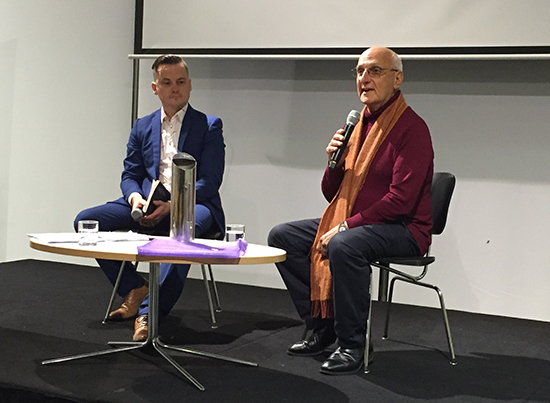 Michael Aiken and David Malouf in conversation at Sydney Ideas
Michael Aiken and David Malouf in conversation at Sydney Ideas
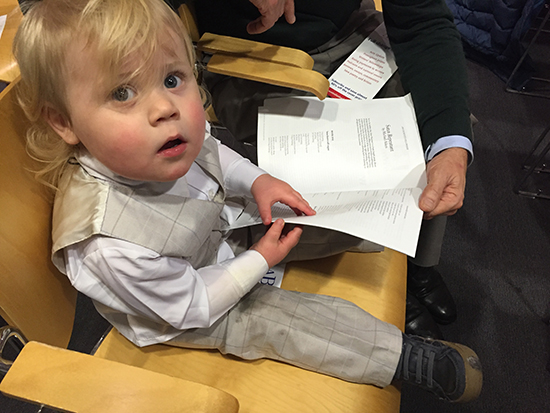 Michael Aiken's son Artemis with his copy of ABR
Michael Aiken's son Artemis with his copy of ABR
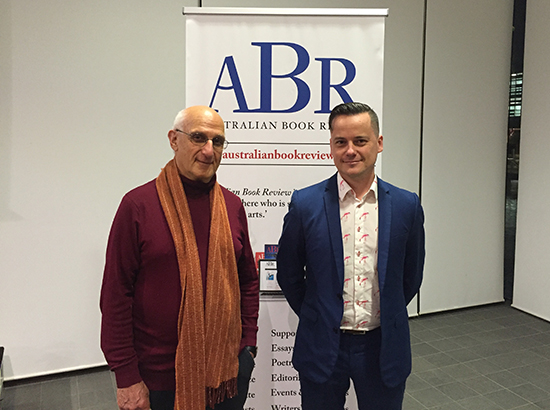 David Malouf and Michael Aiken
David Malouf and Michael Aiken
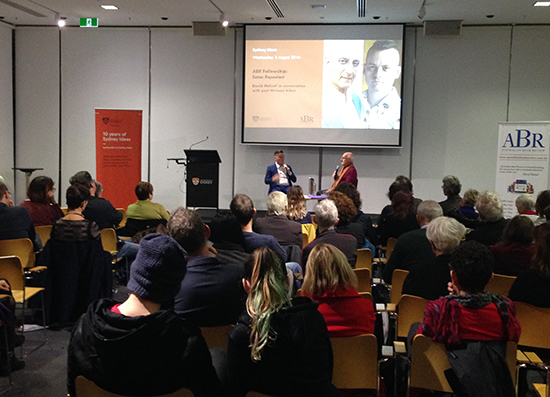 Michael Aiken and David Malouf in conversation at Sydney Ideas
Michael Aiken and David Malouf in conversation at Sydney Ideas
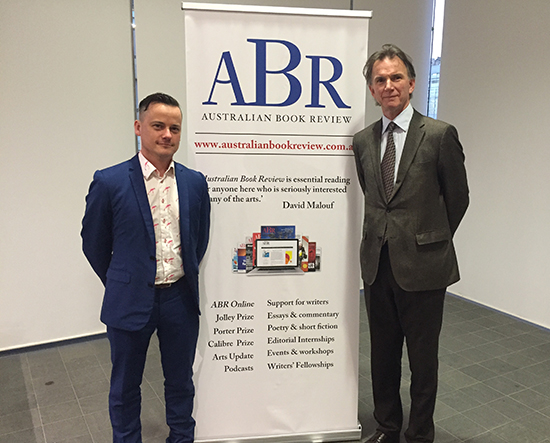 Michael Aiken and ABR Editor Peter Rose
Michael Aiken and ABR Editor Peter Rose


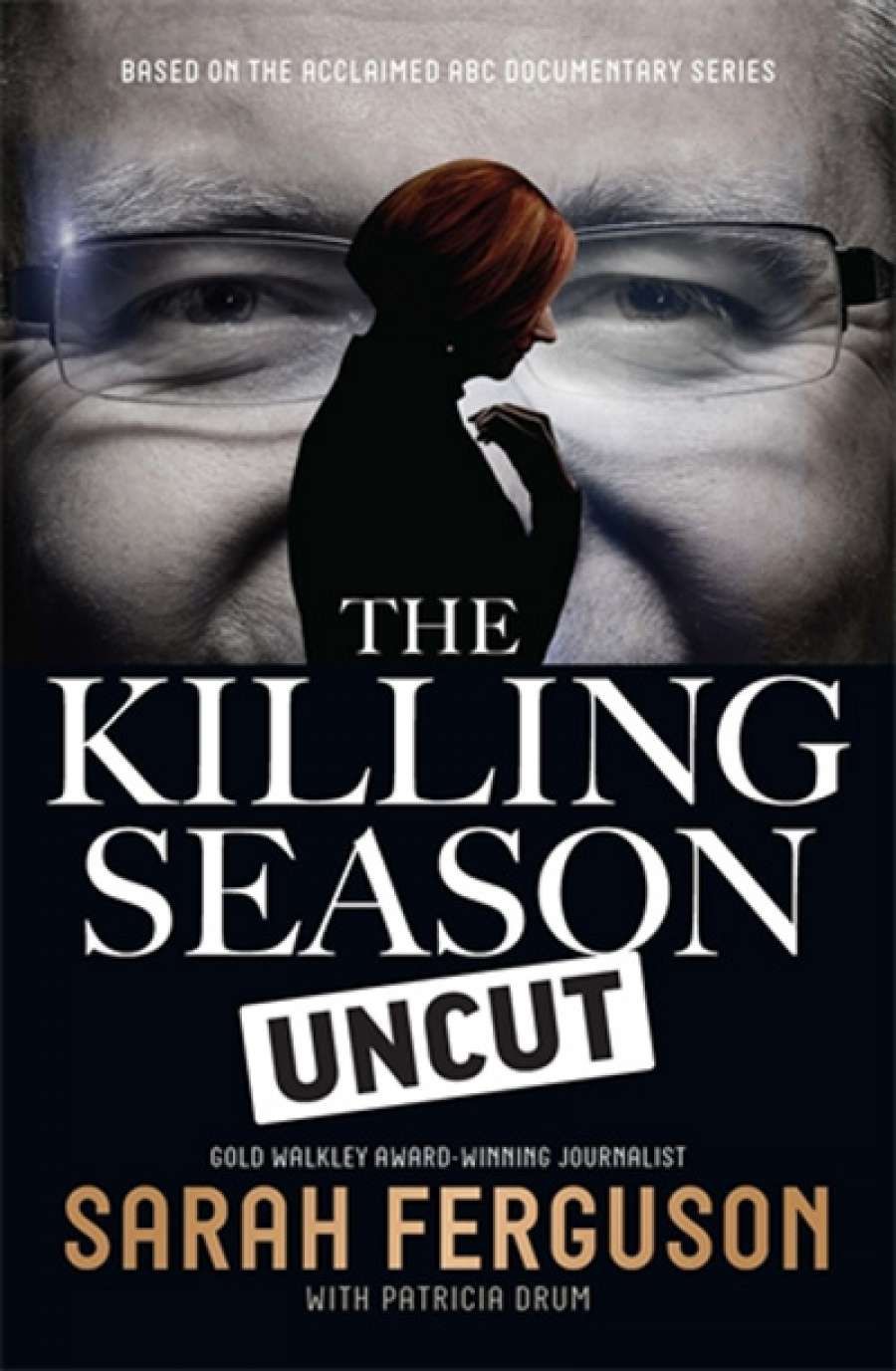
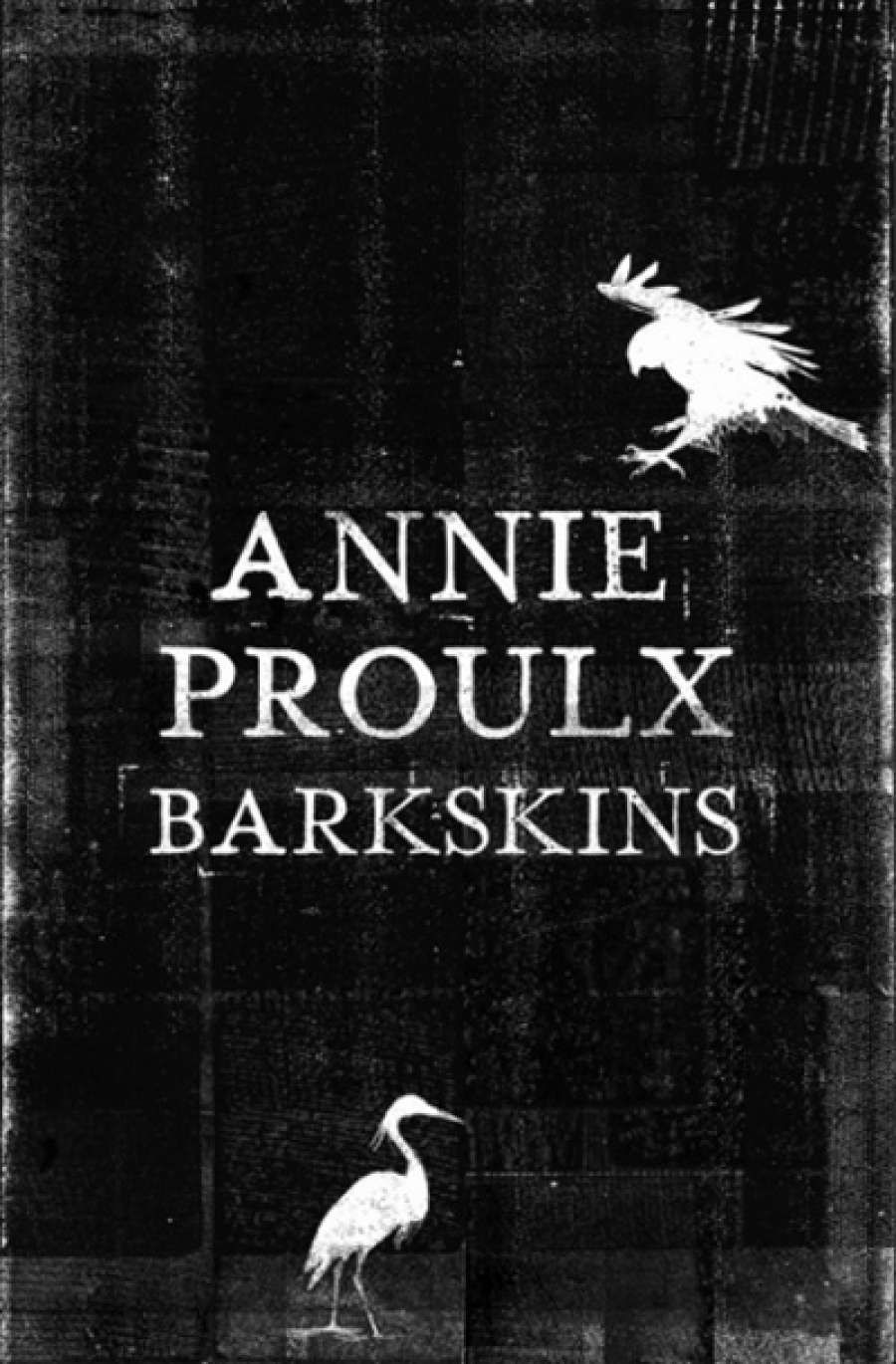
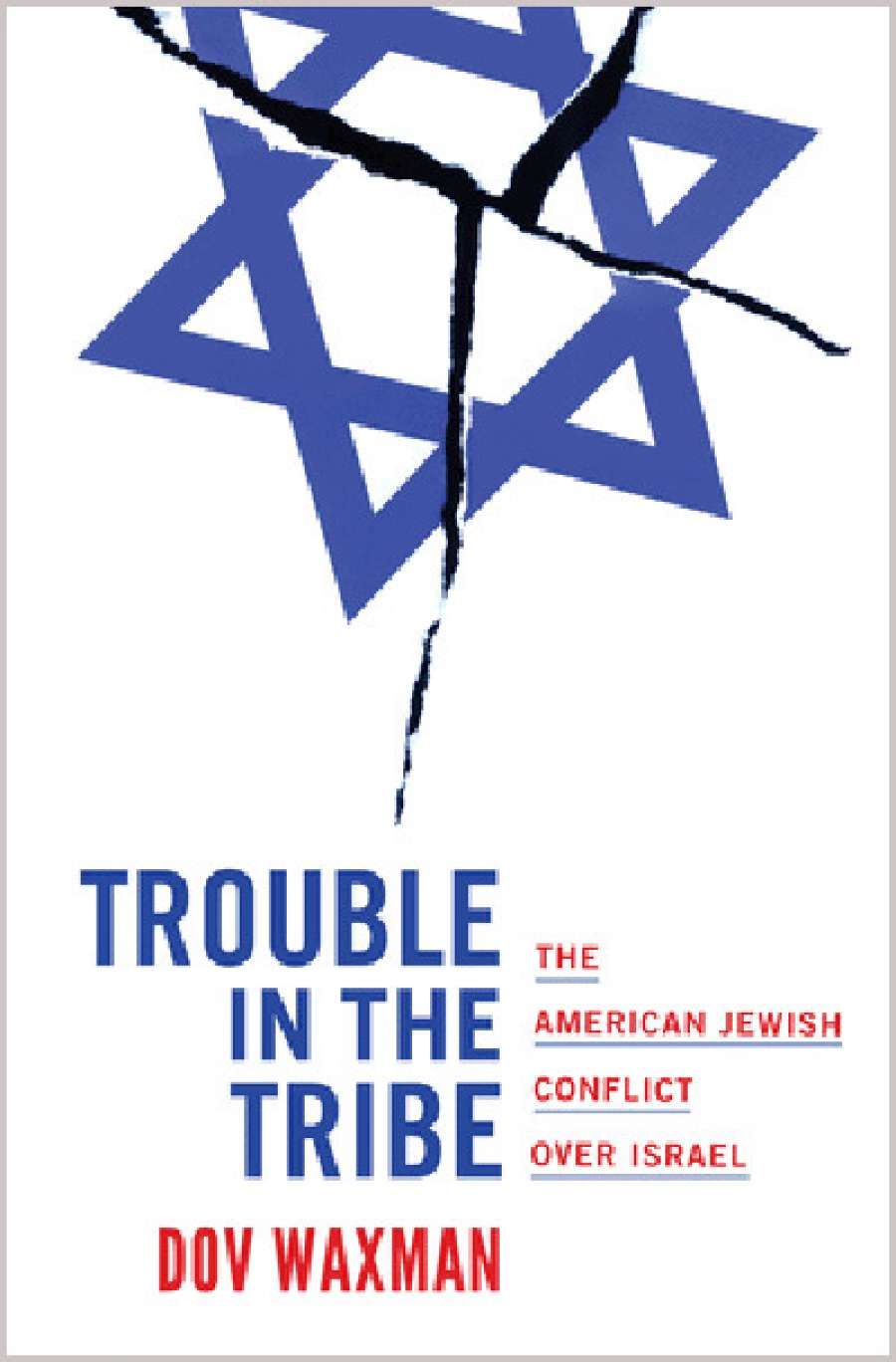
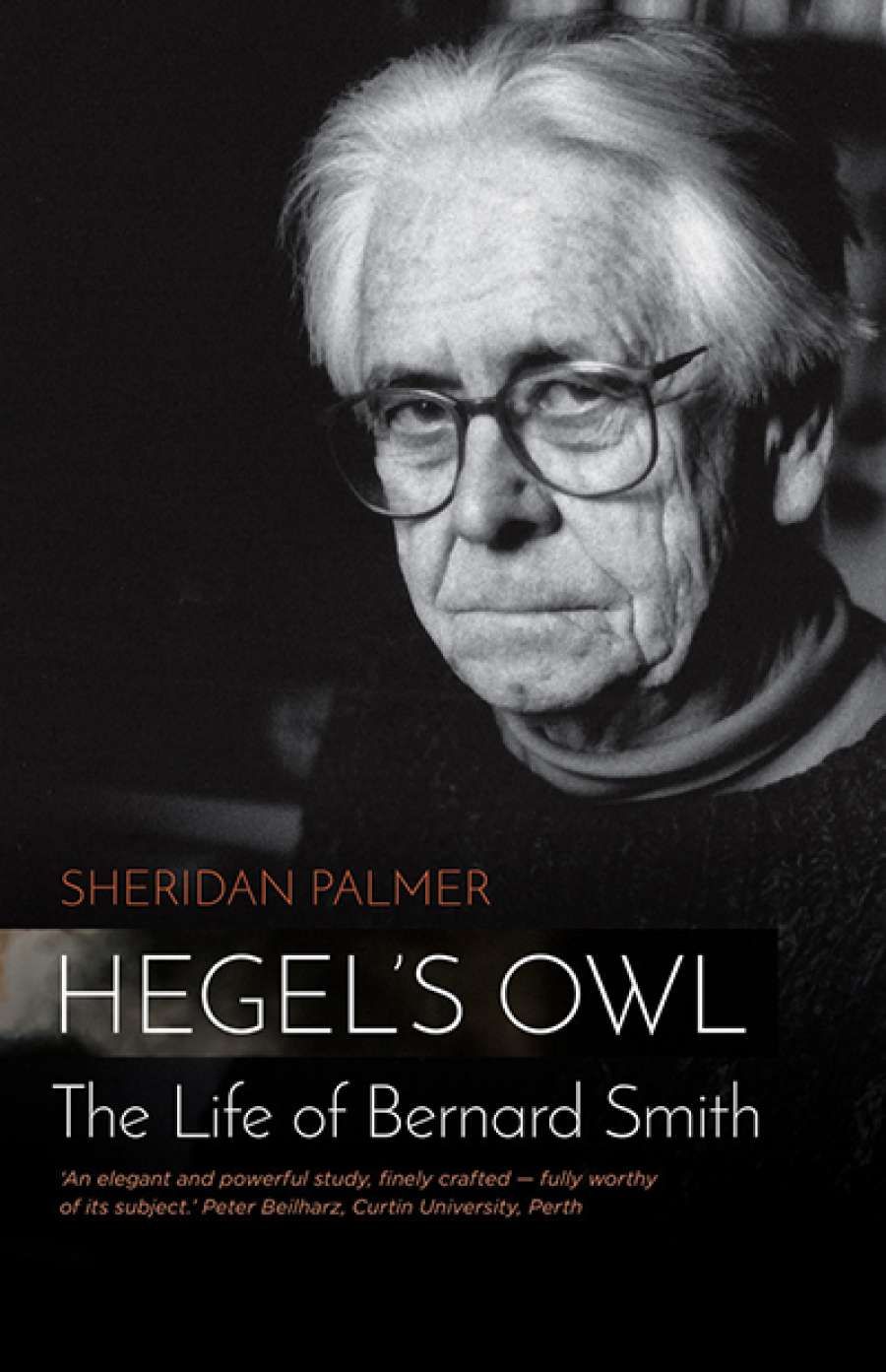
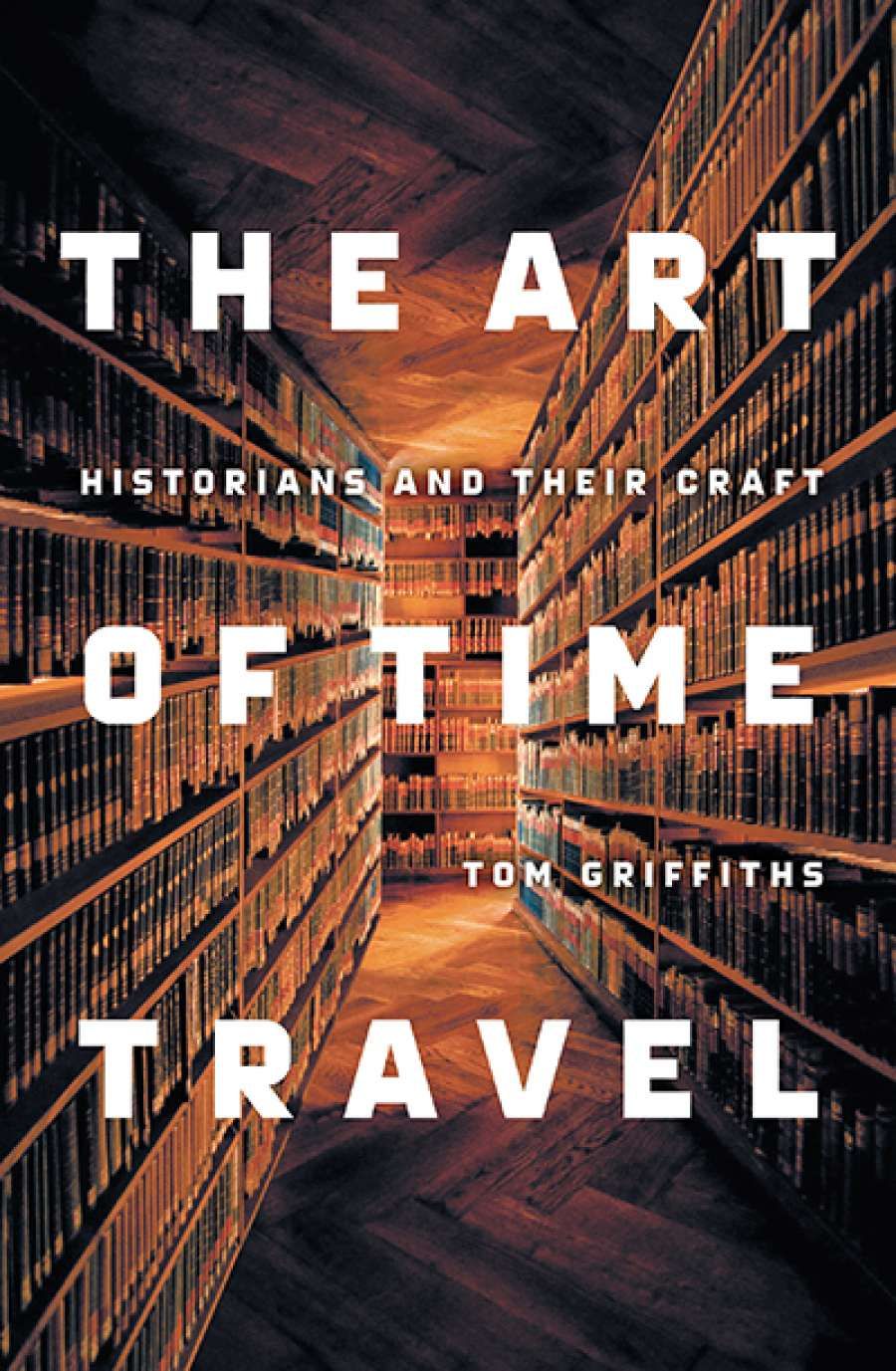
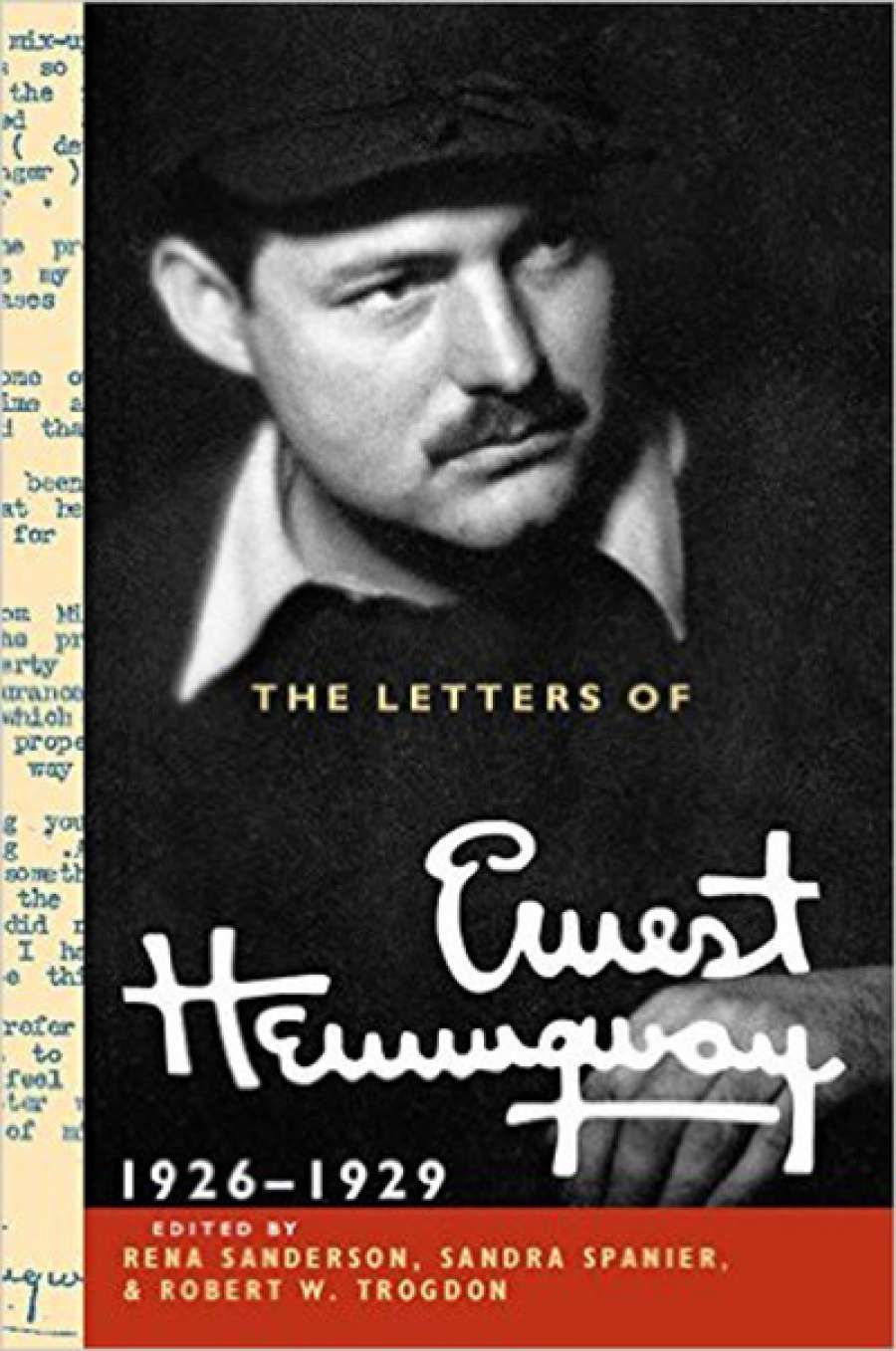
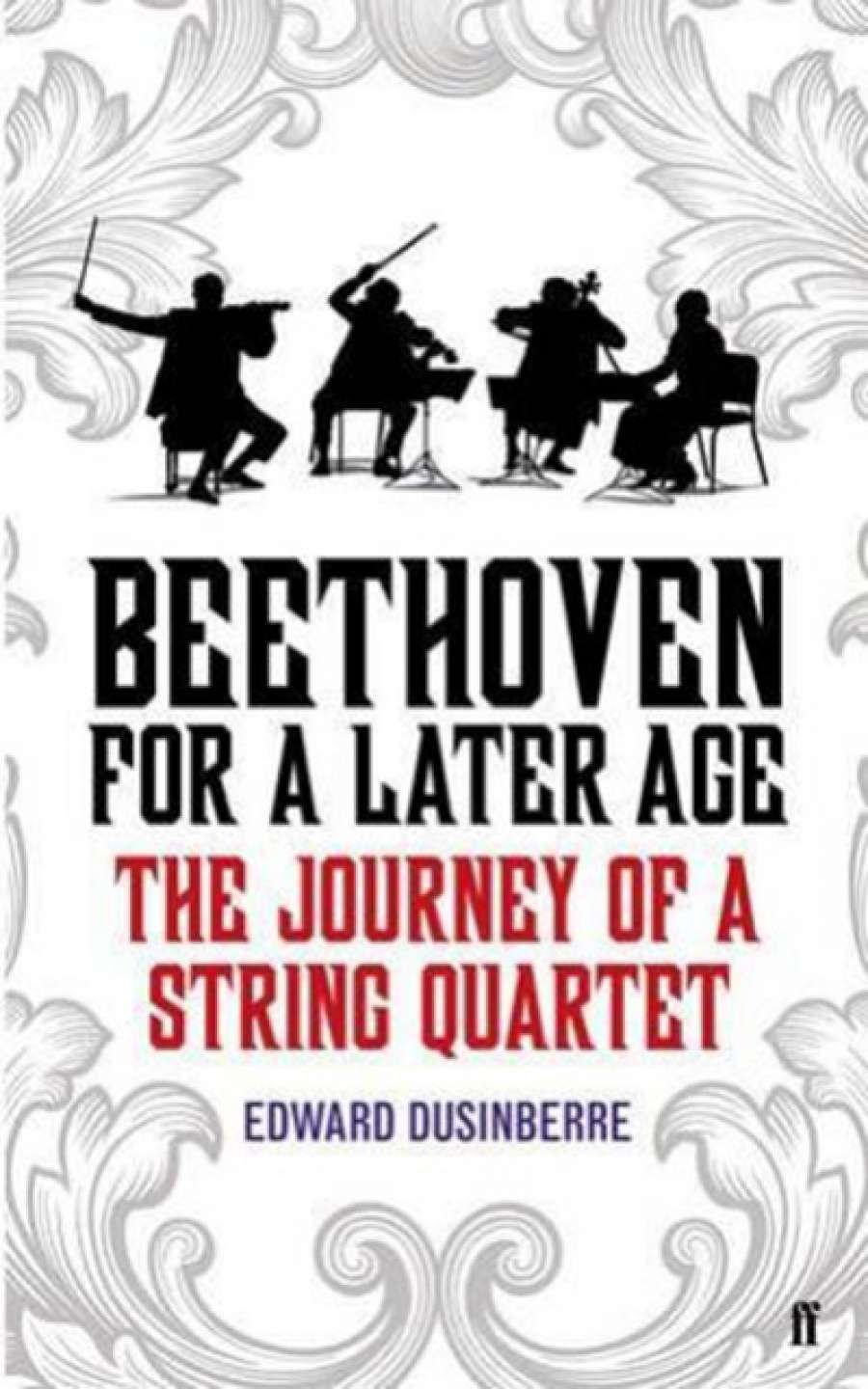
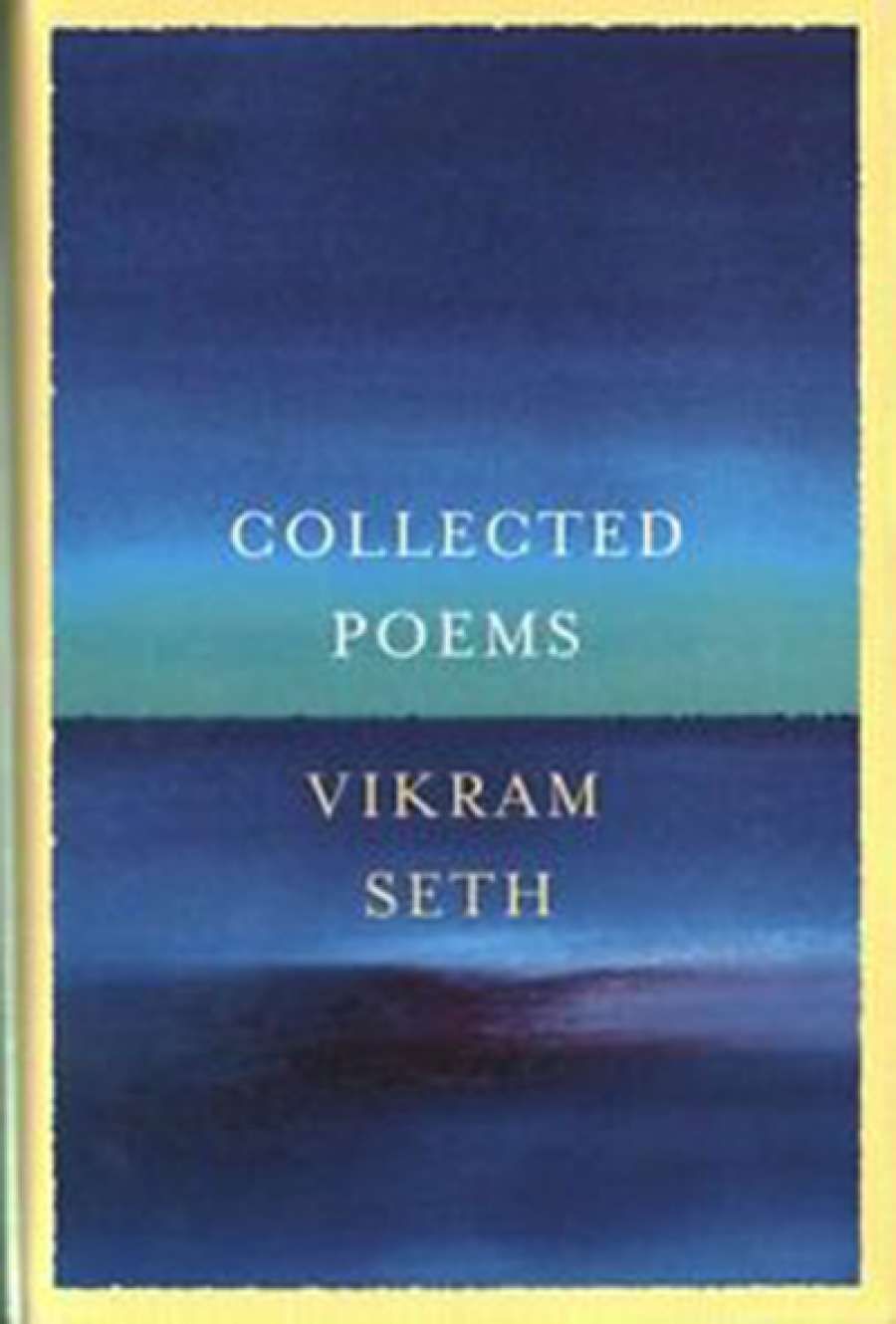
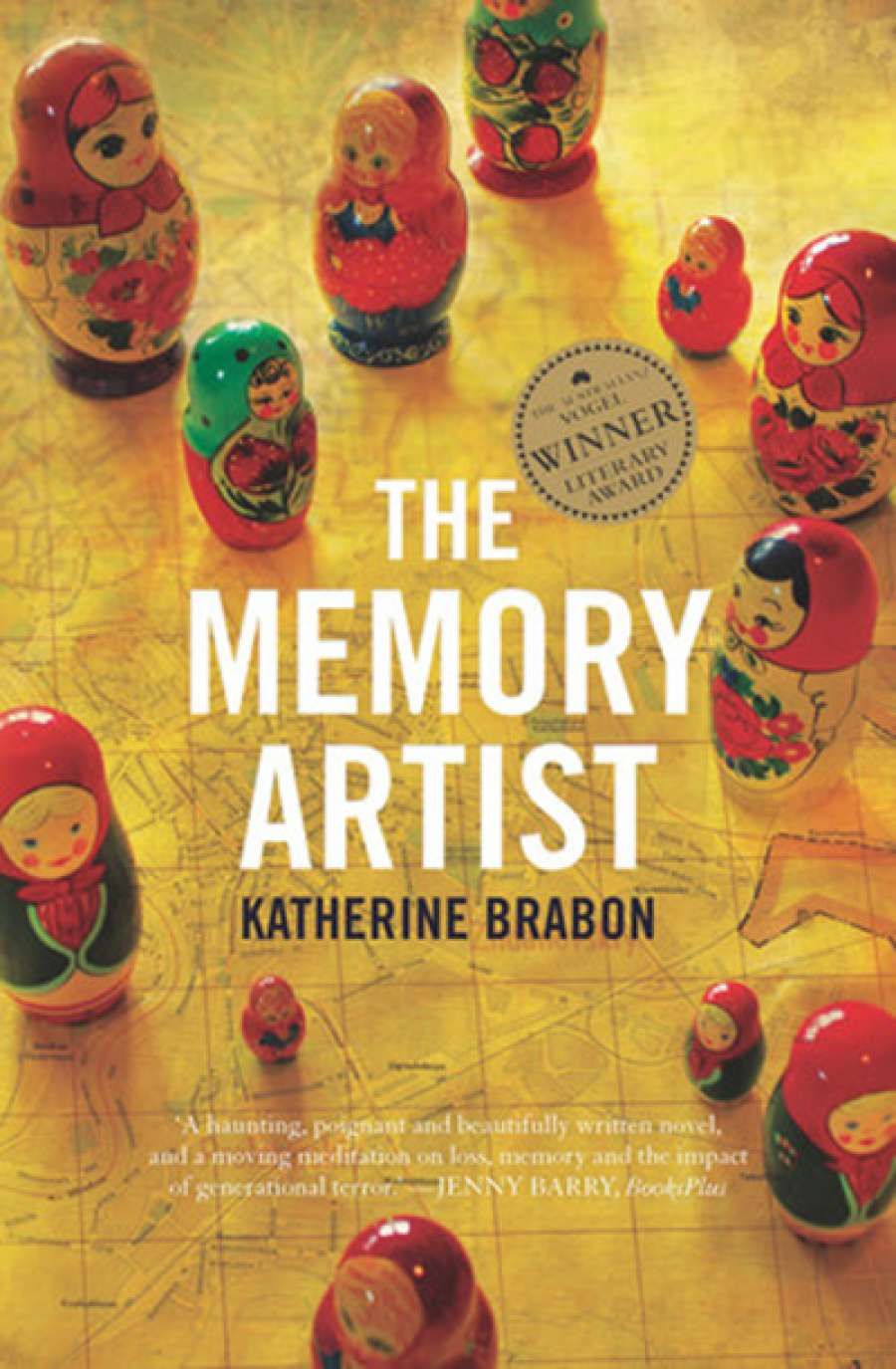
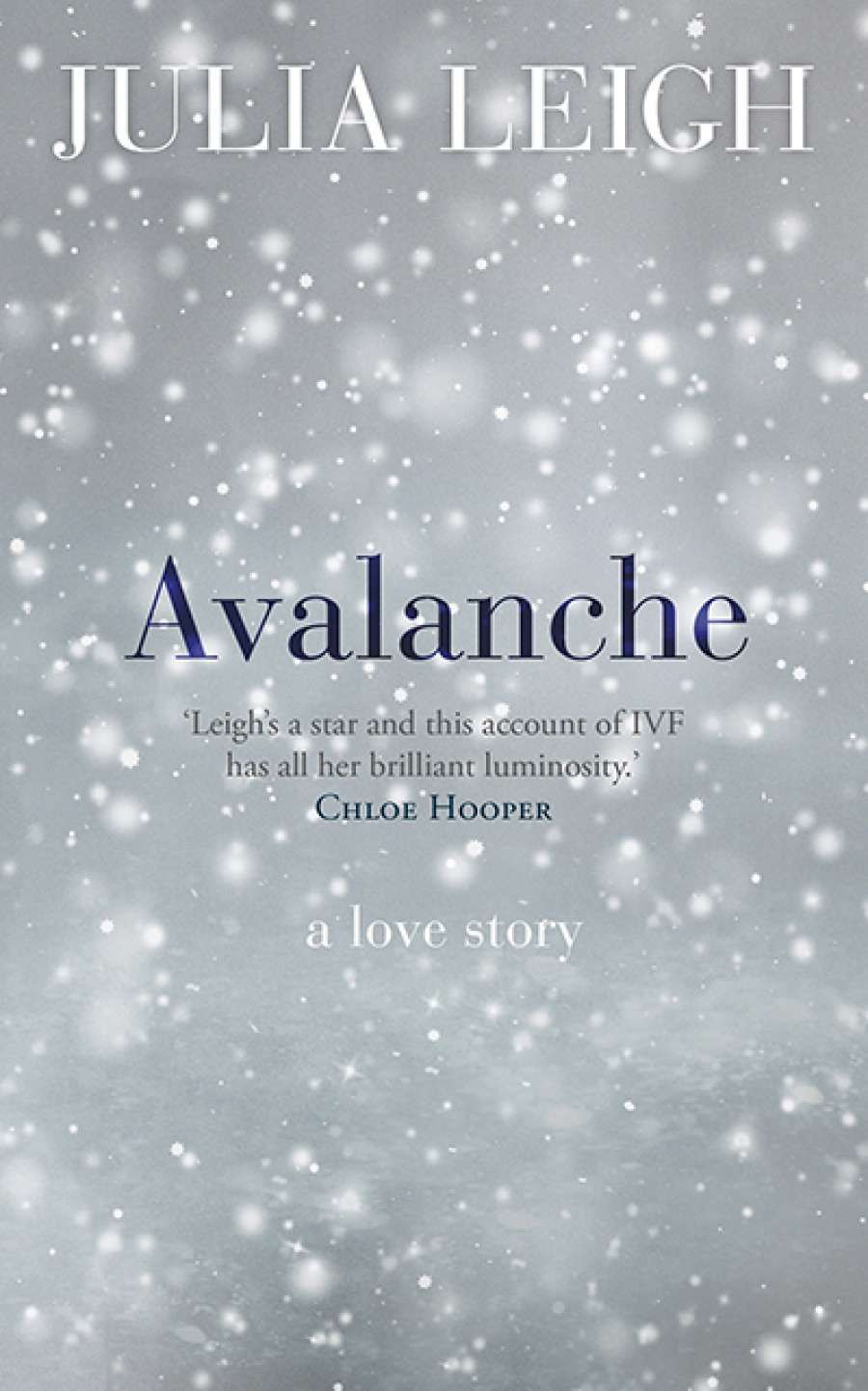
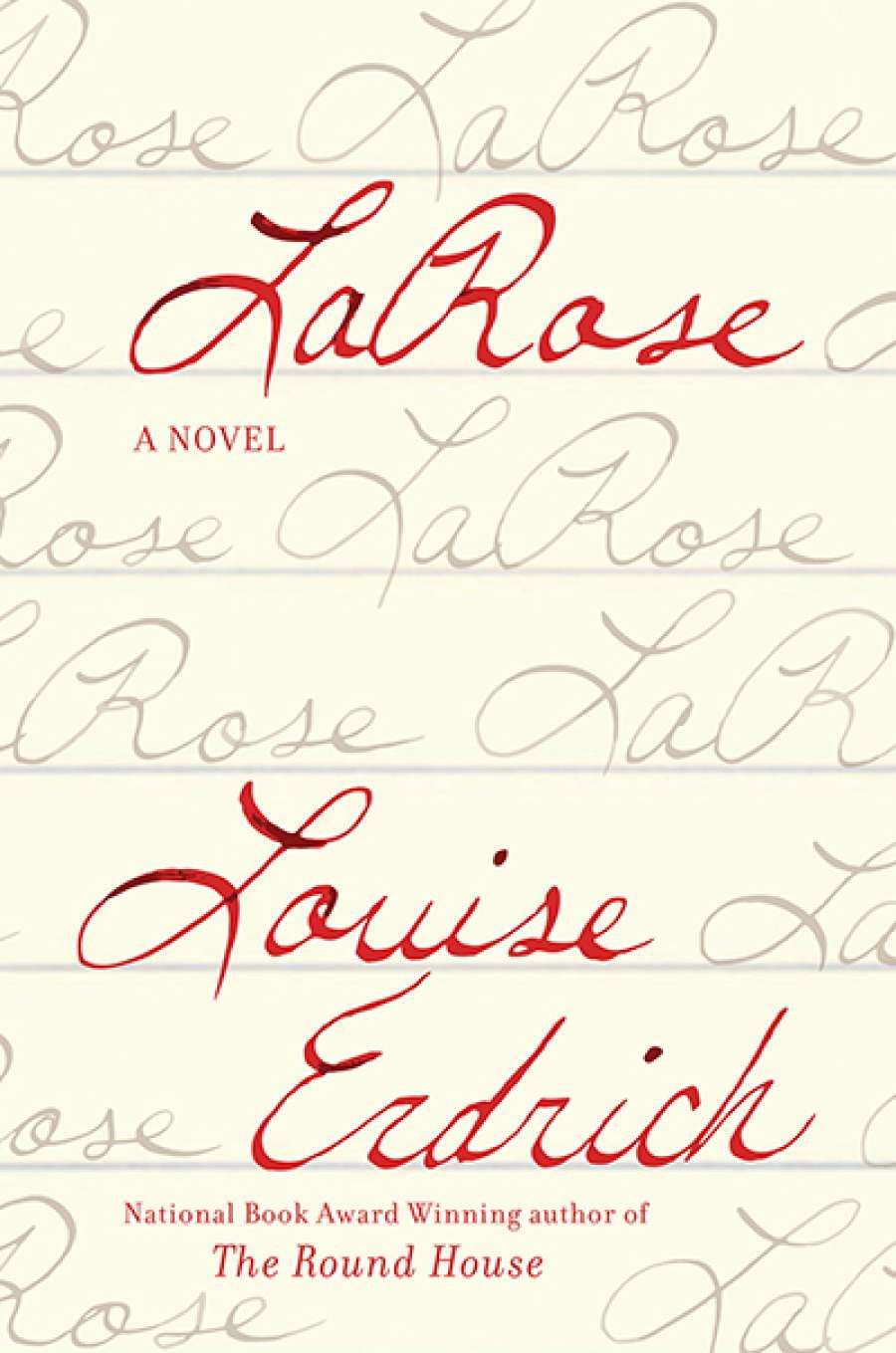
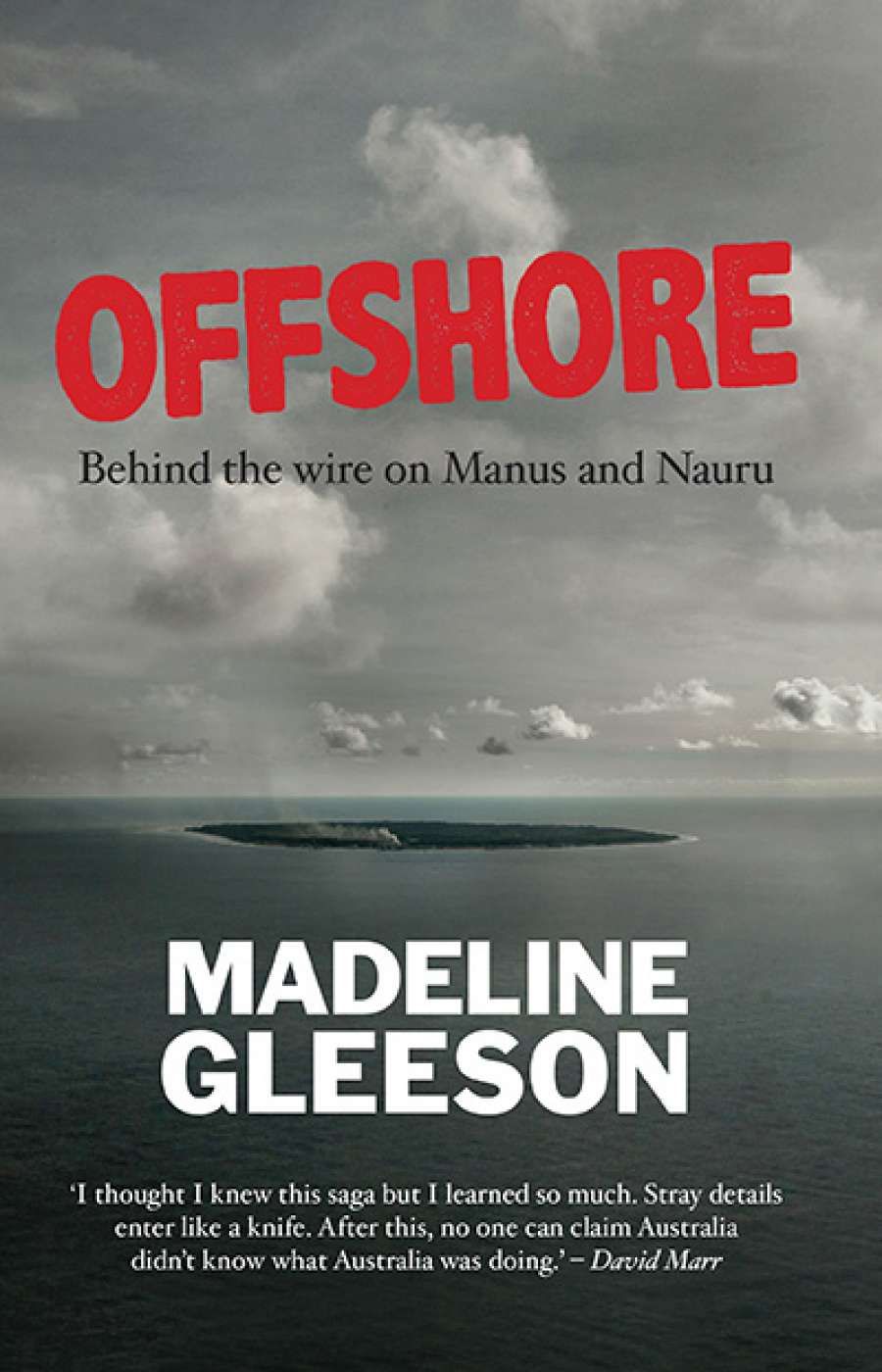
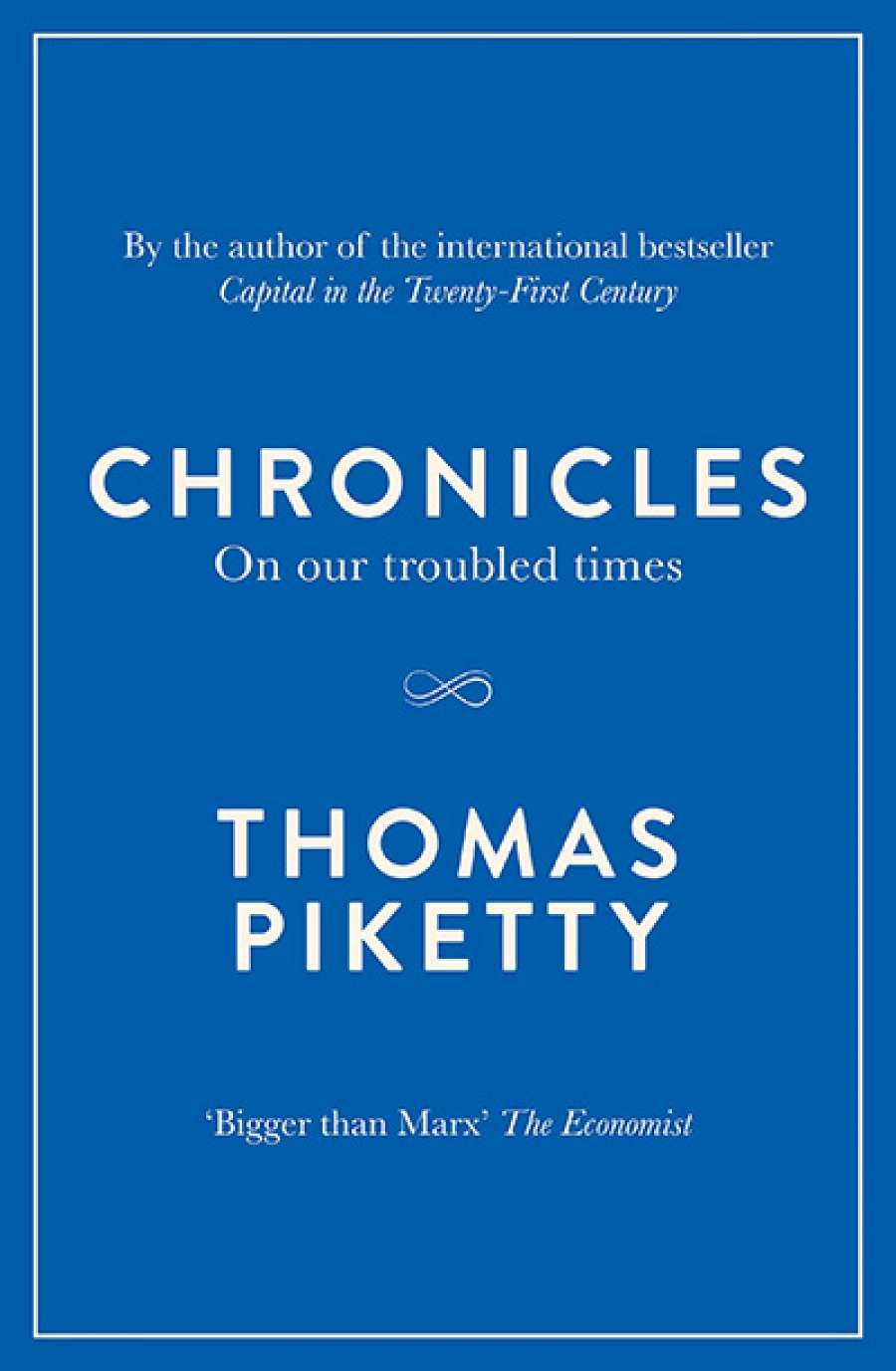





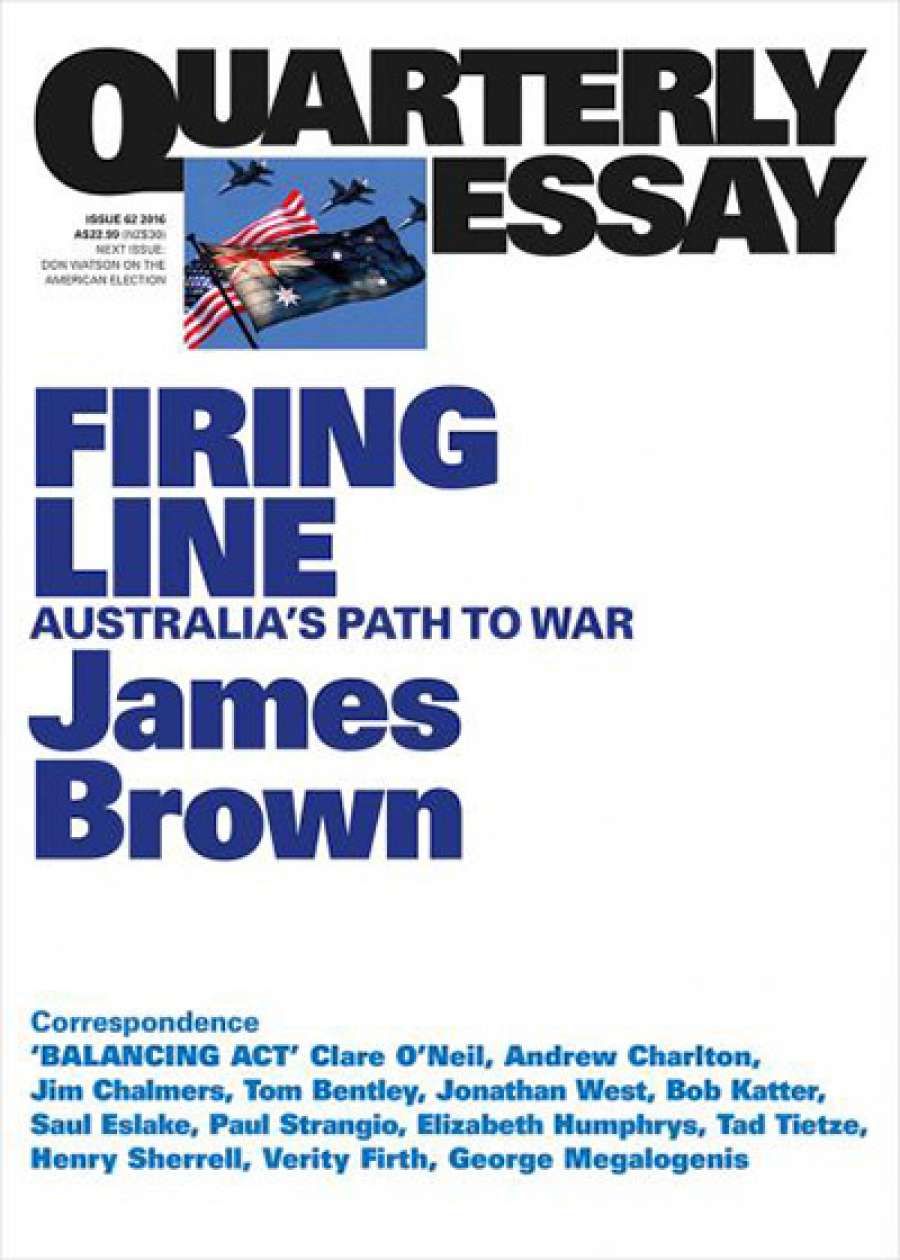
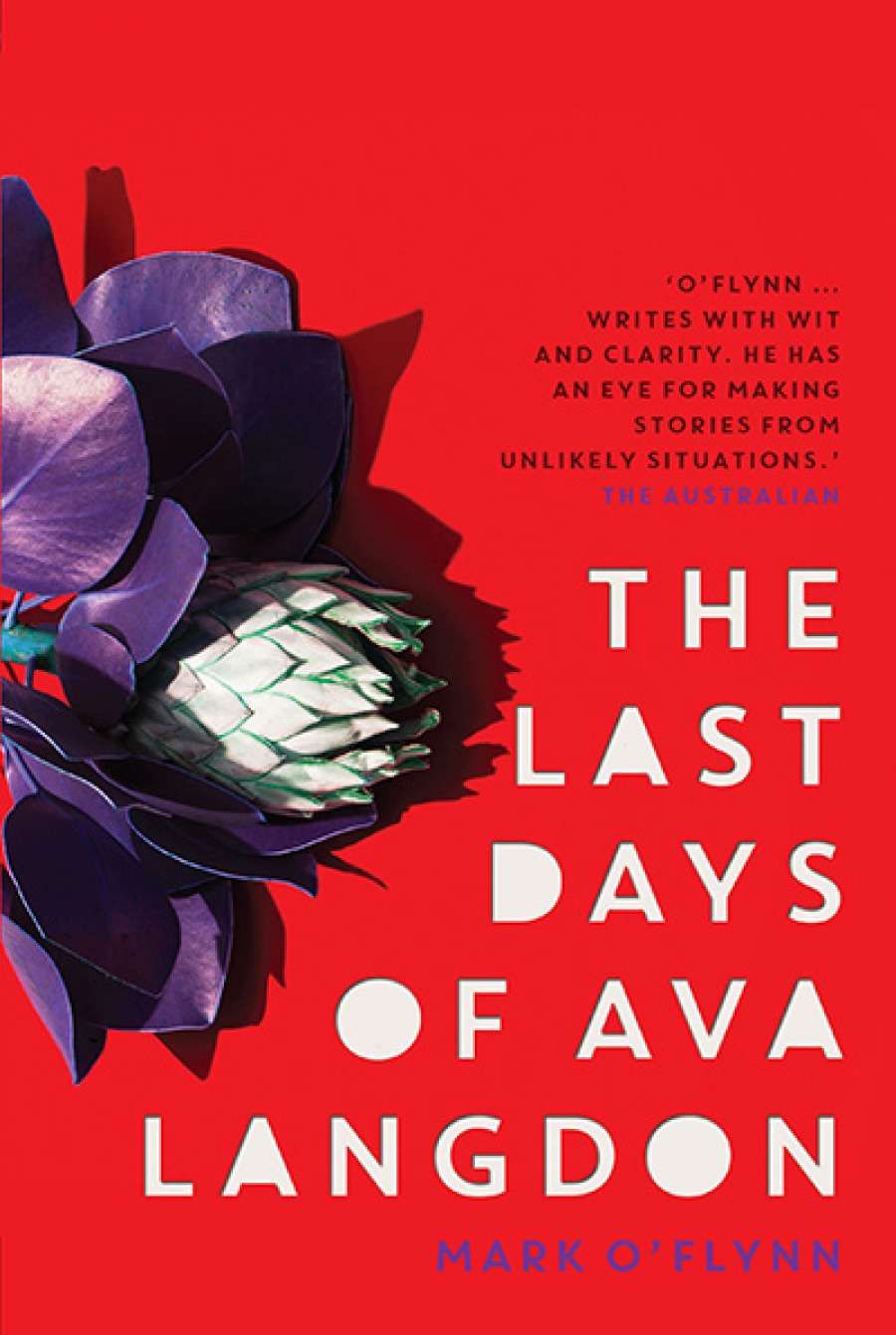
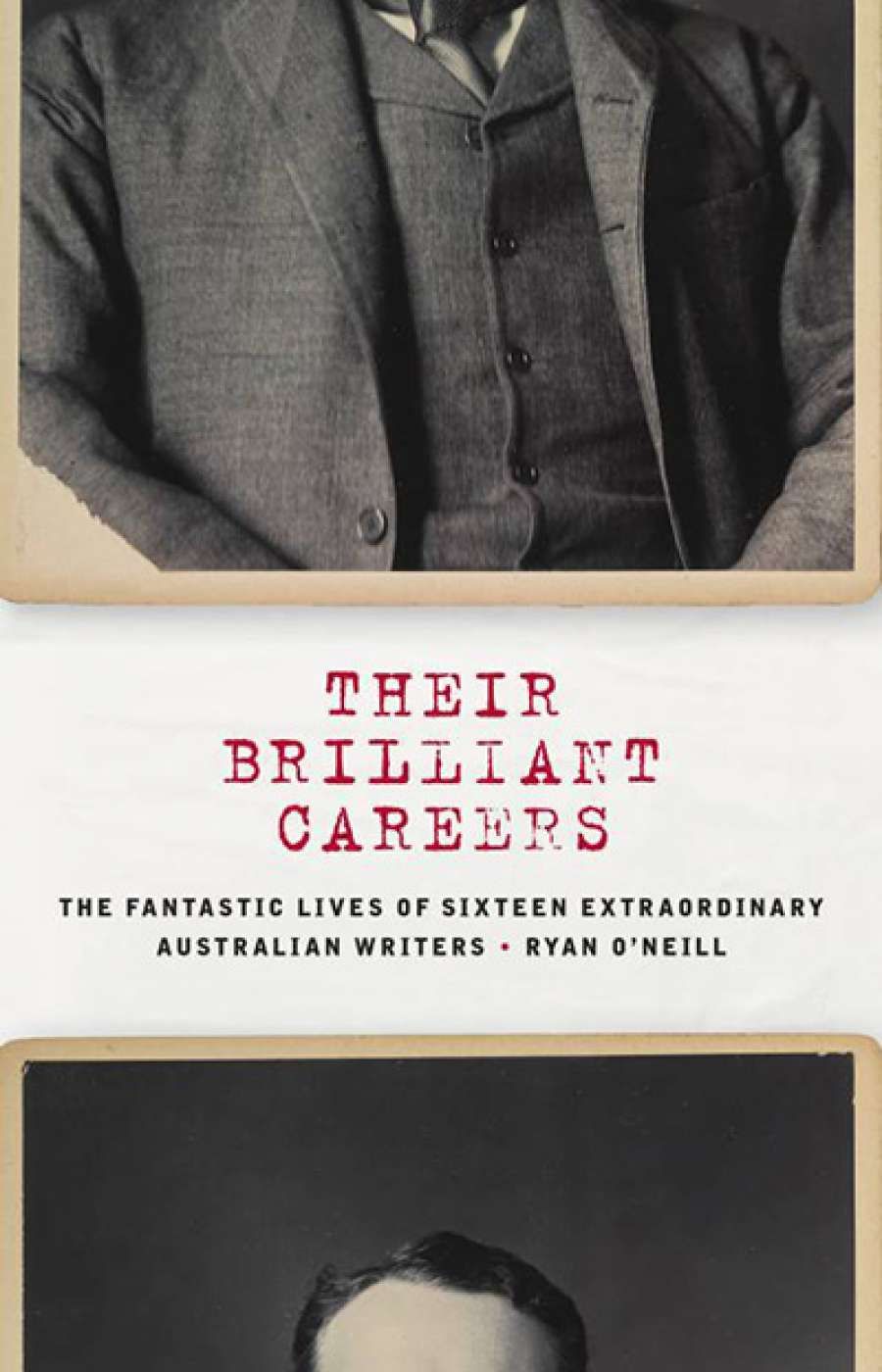
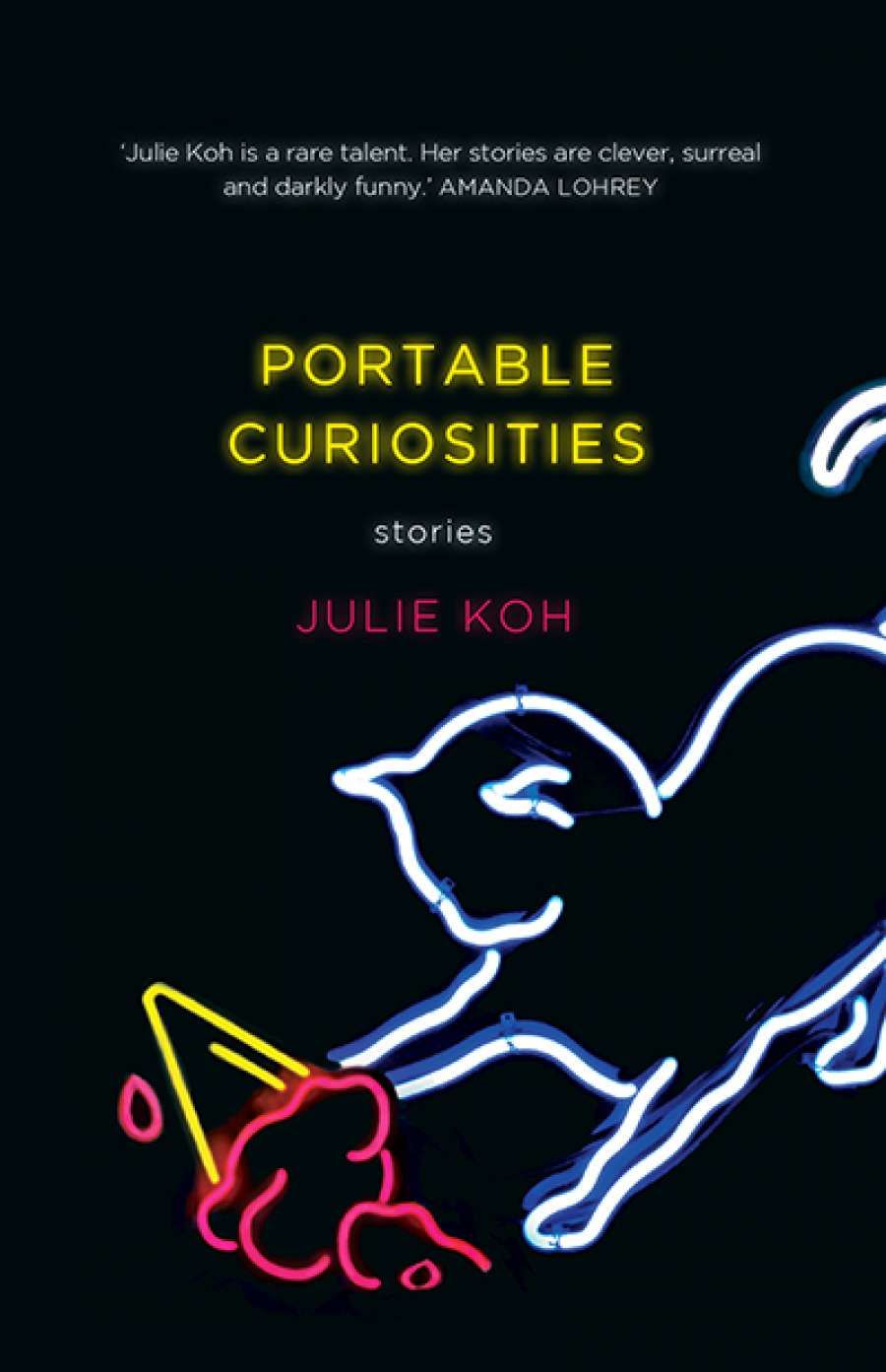
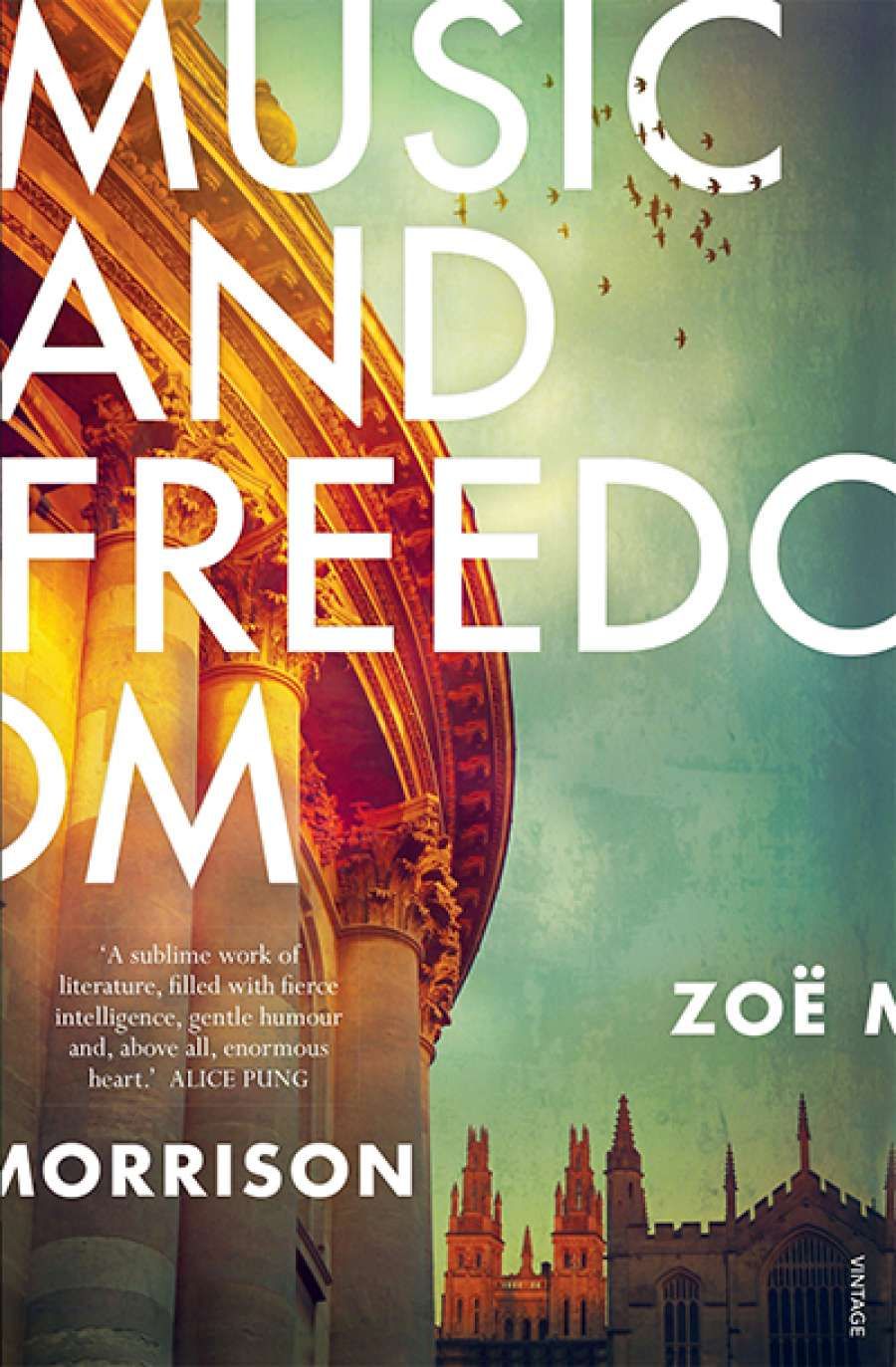
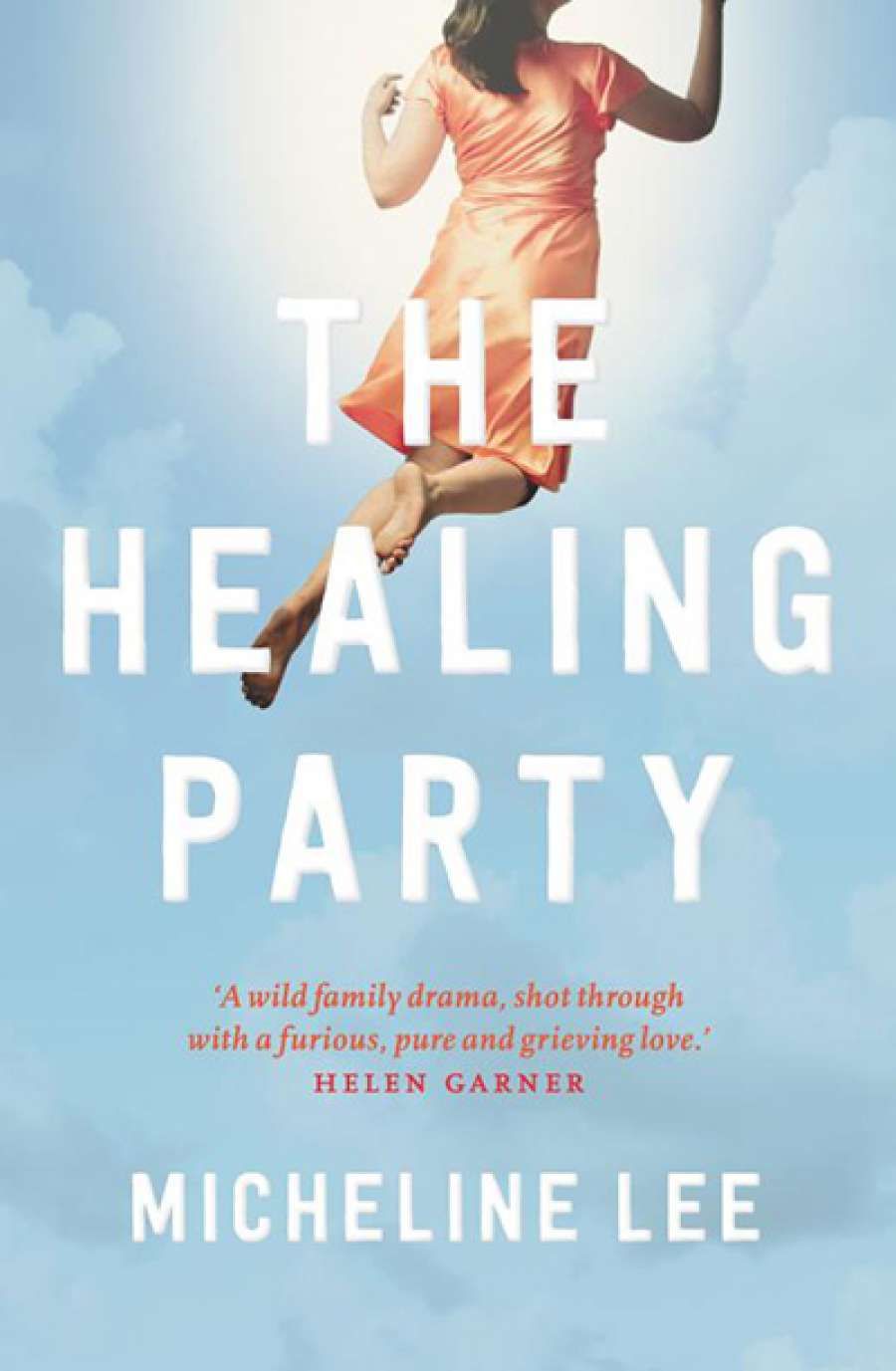
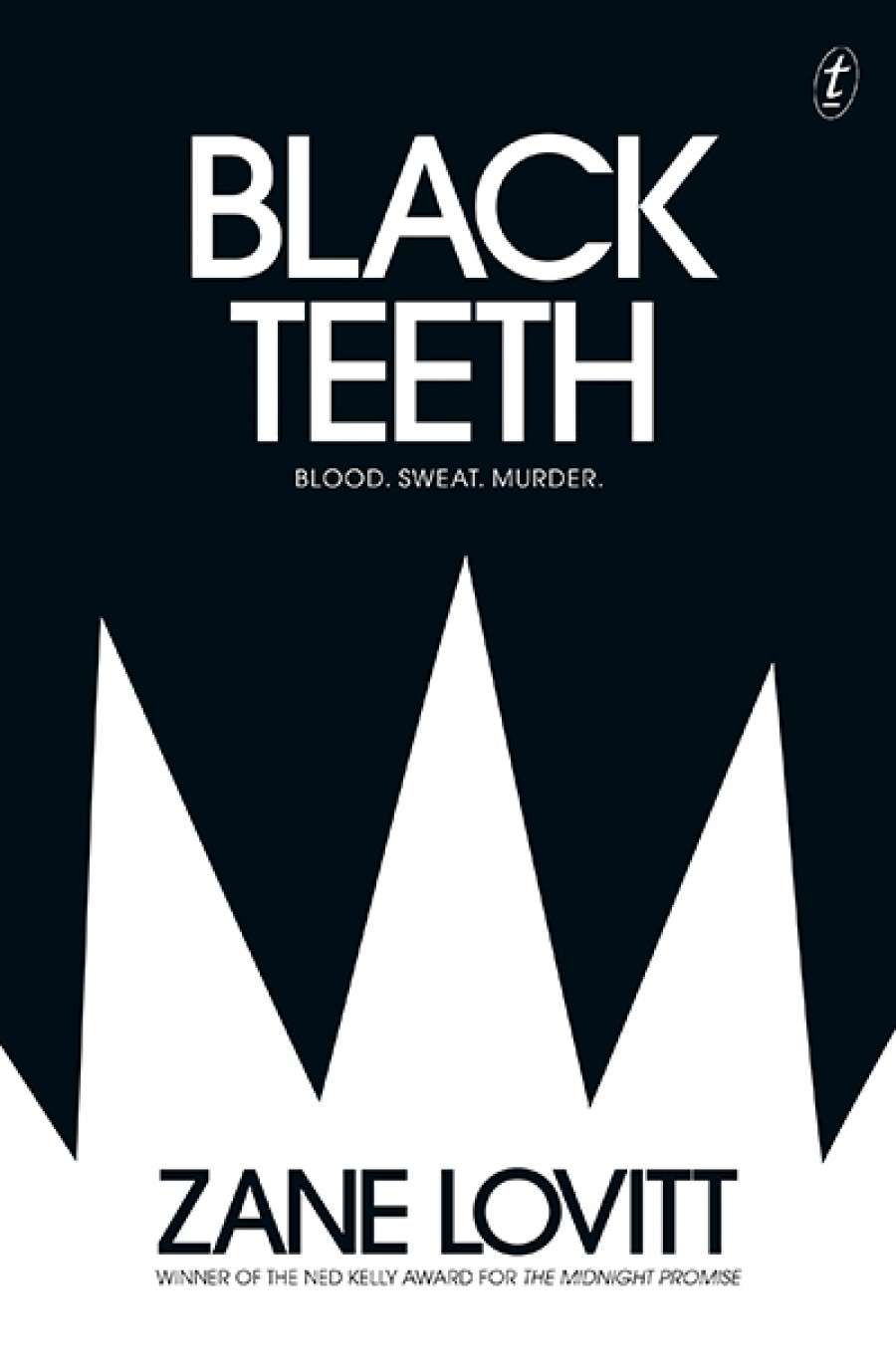
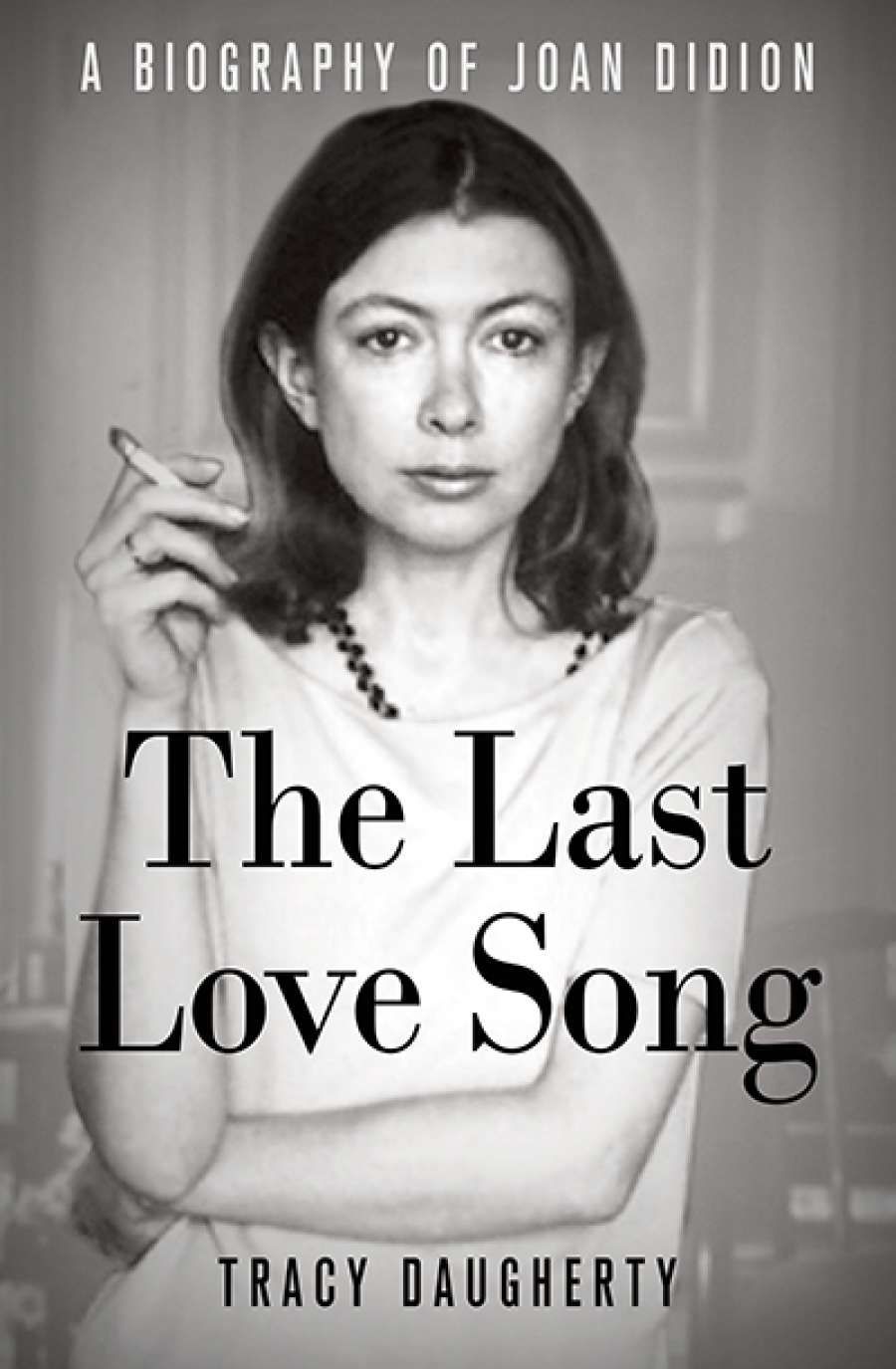
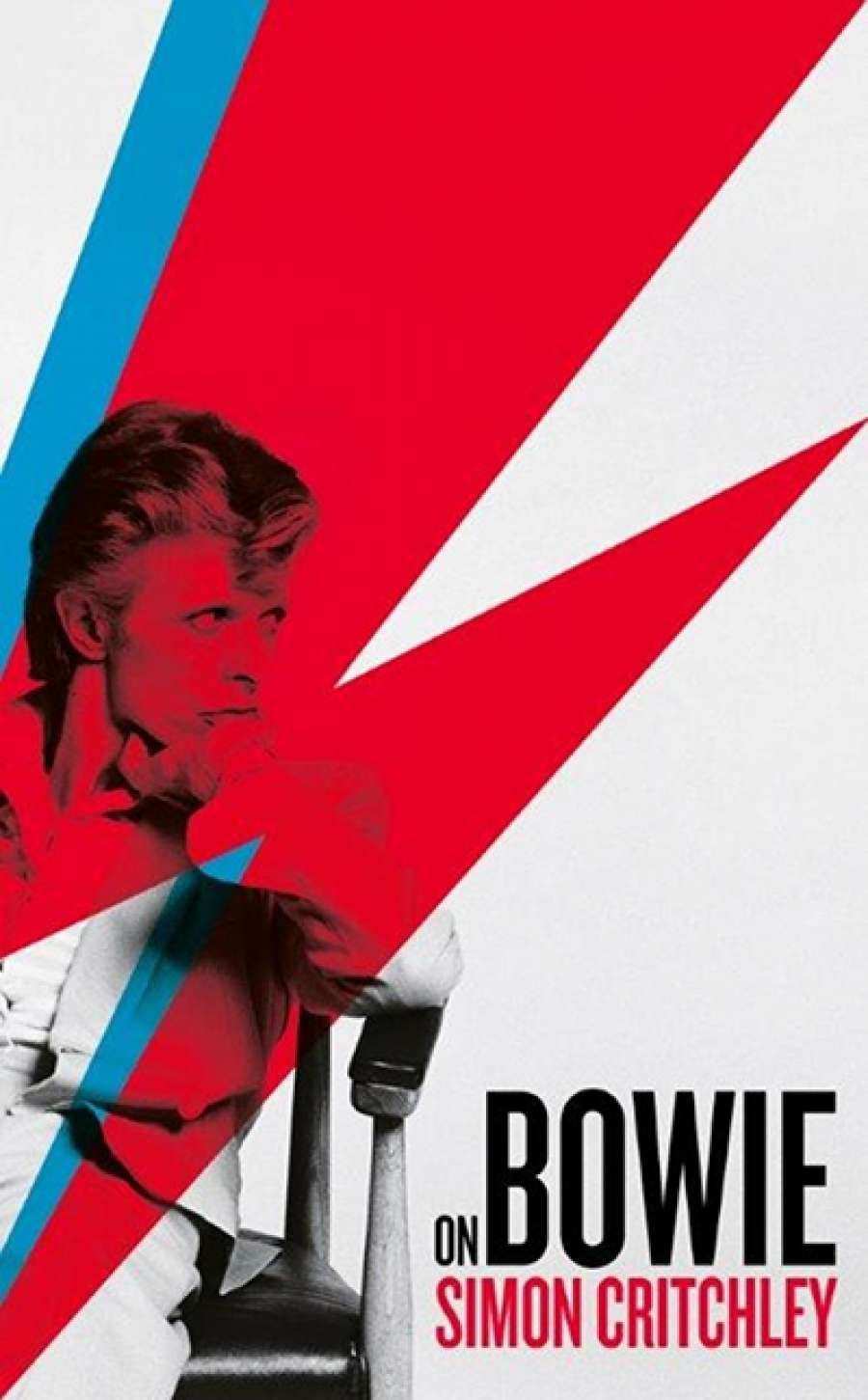
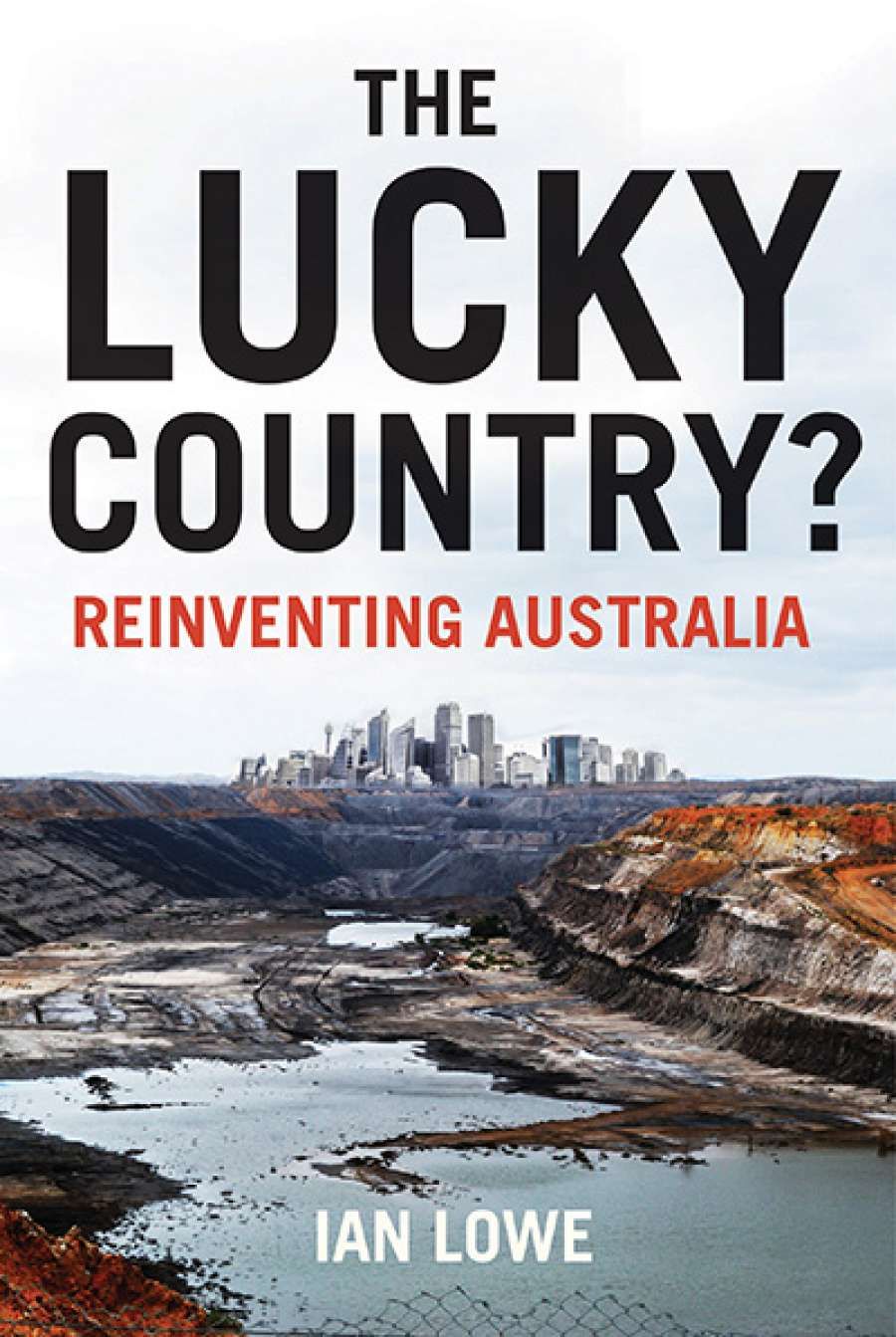
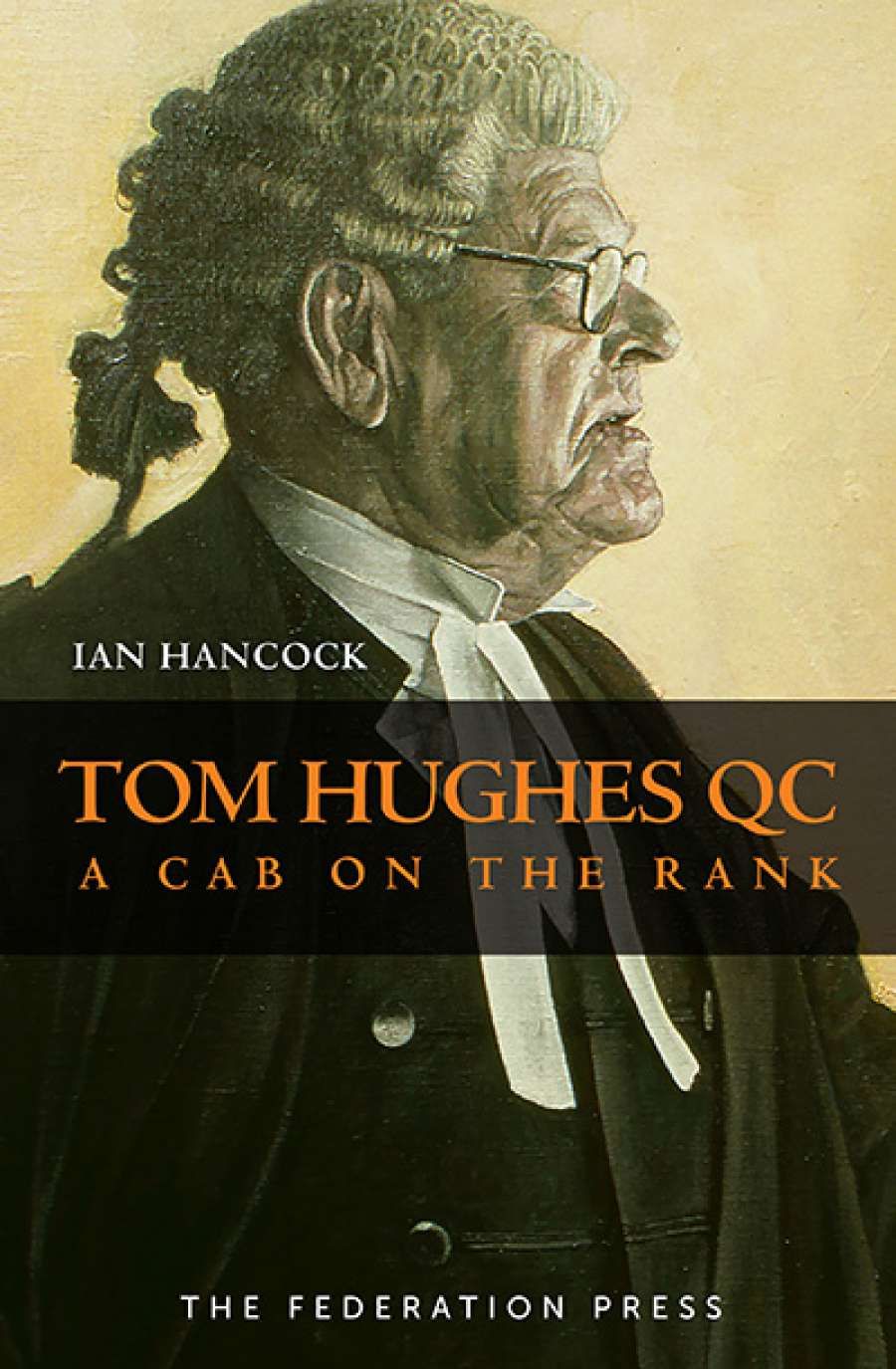
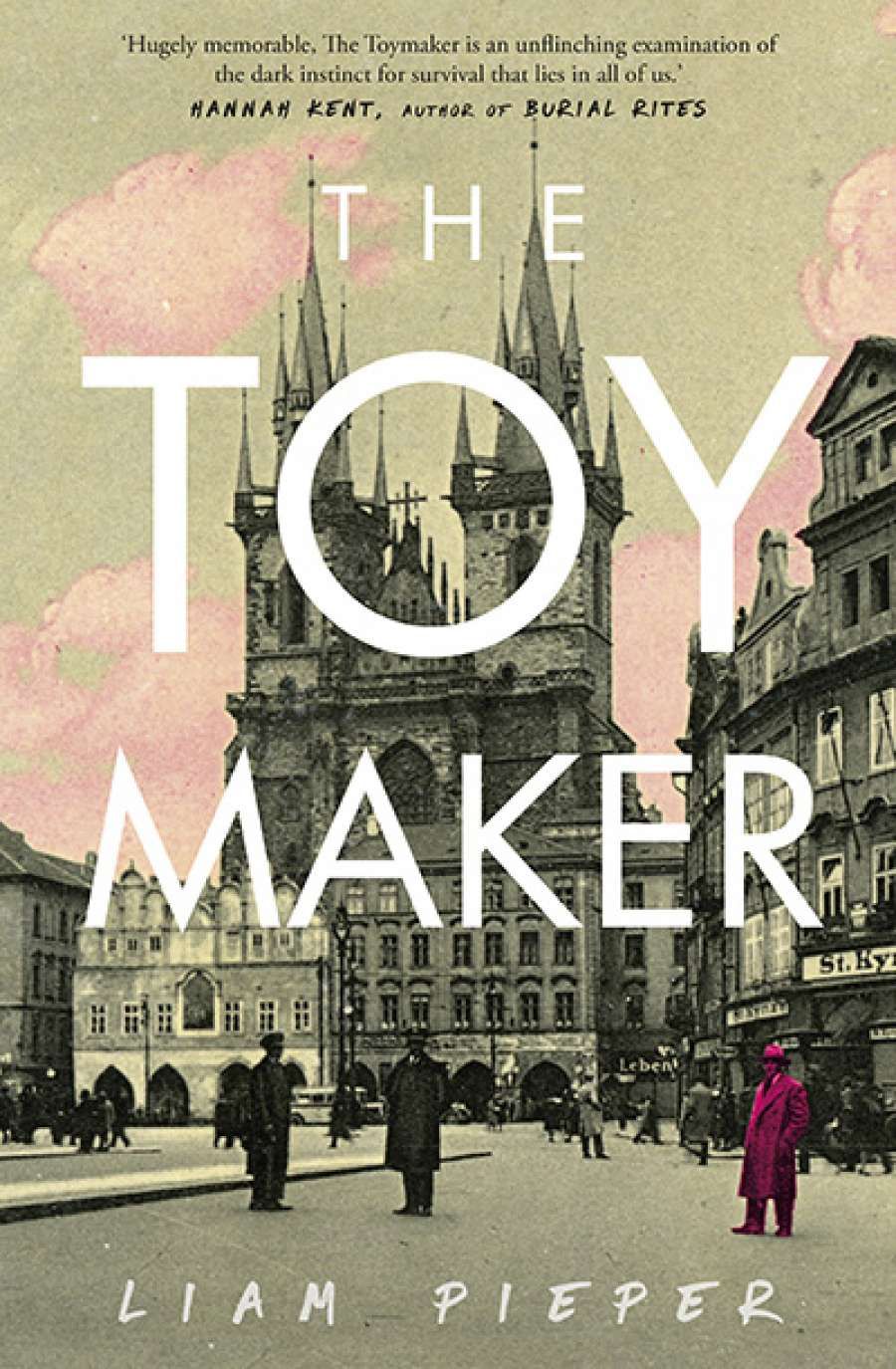
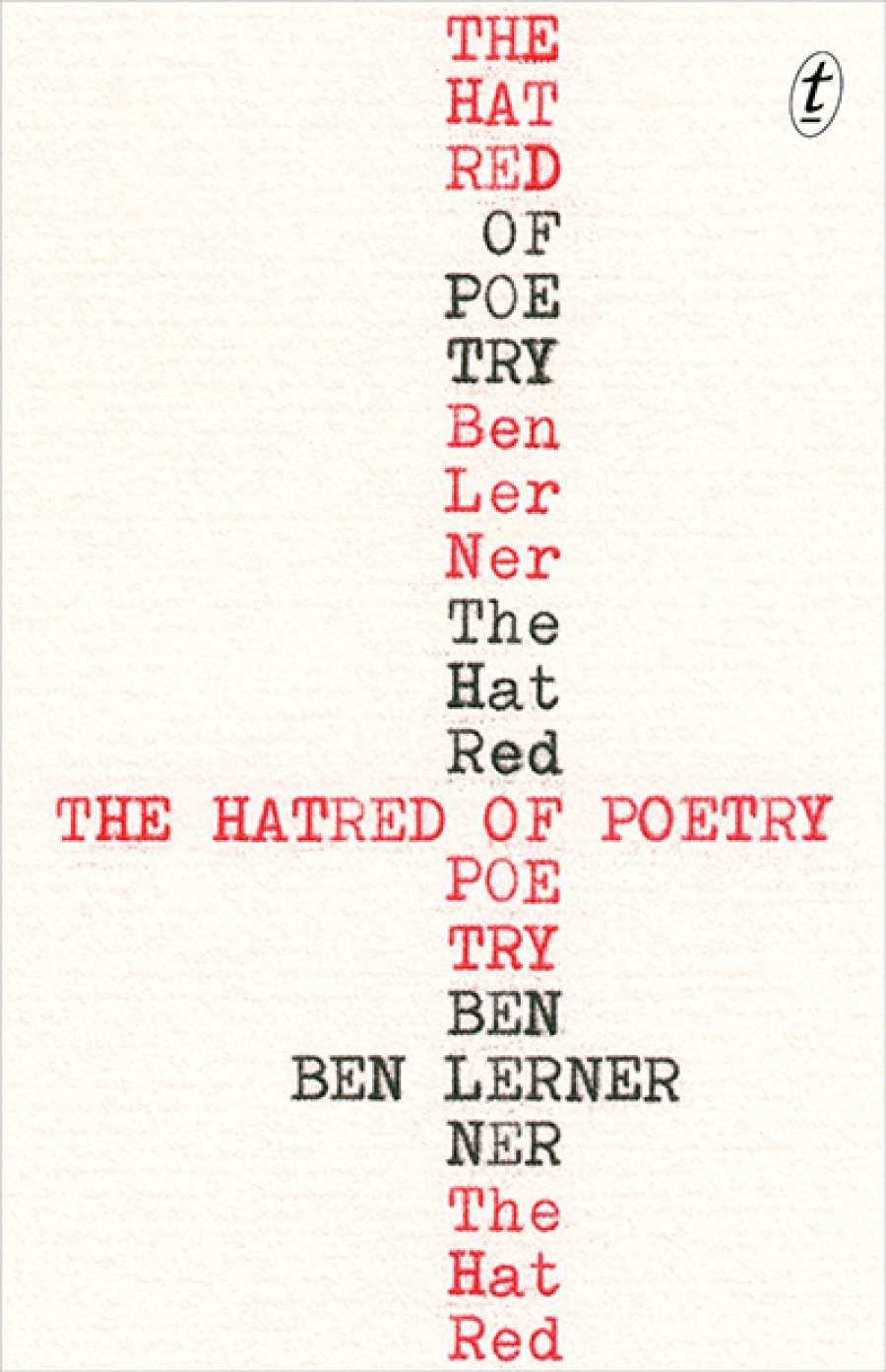
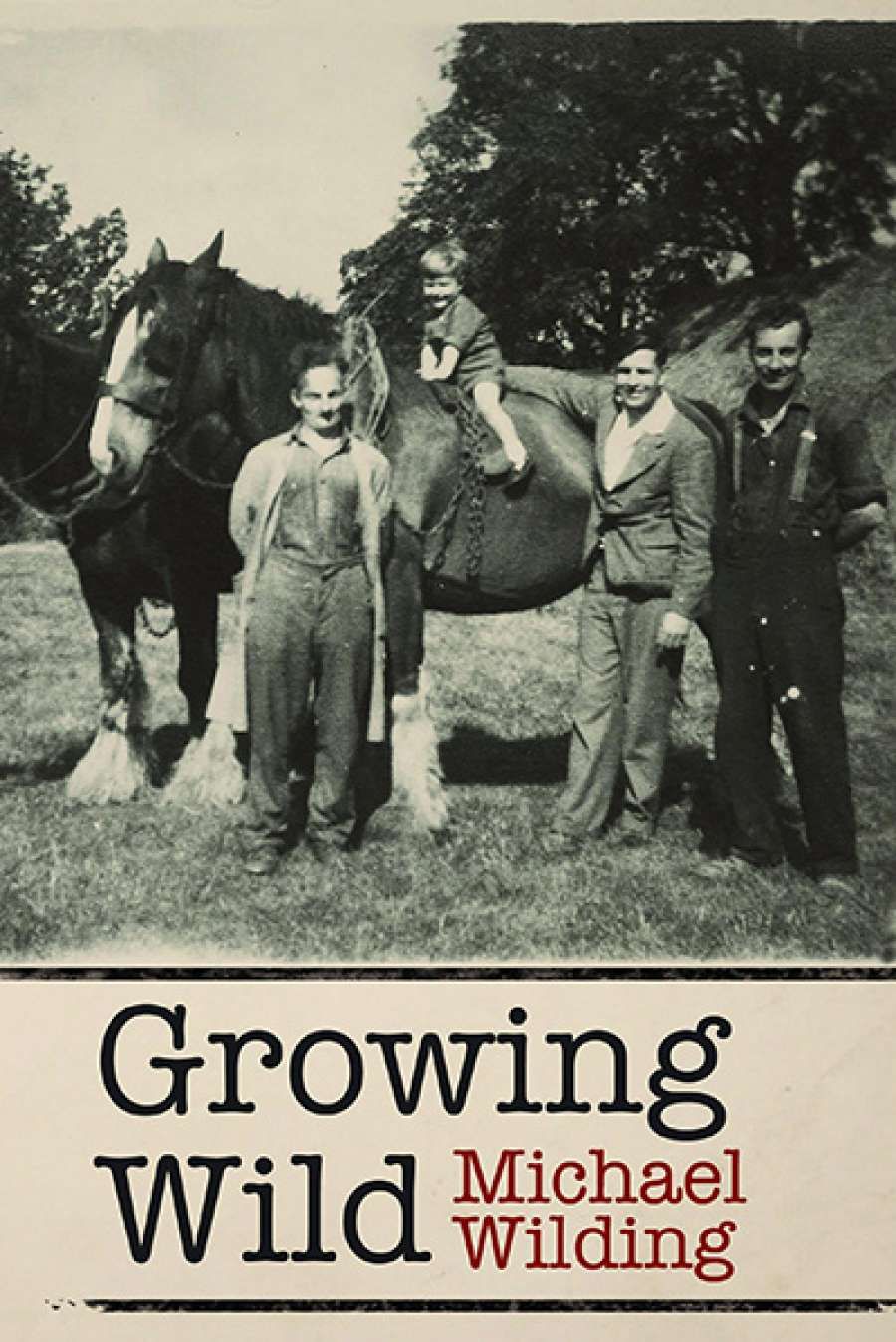
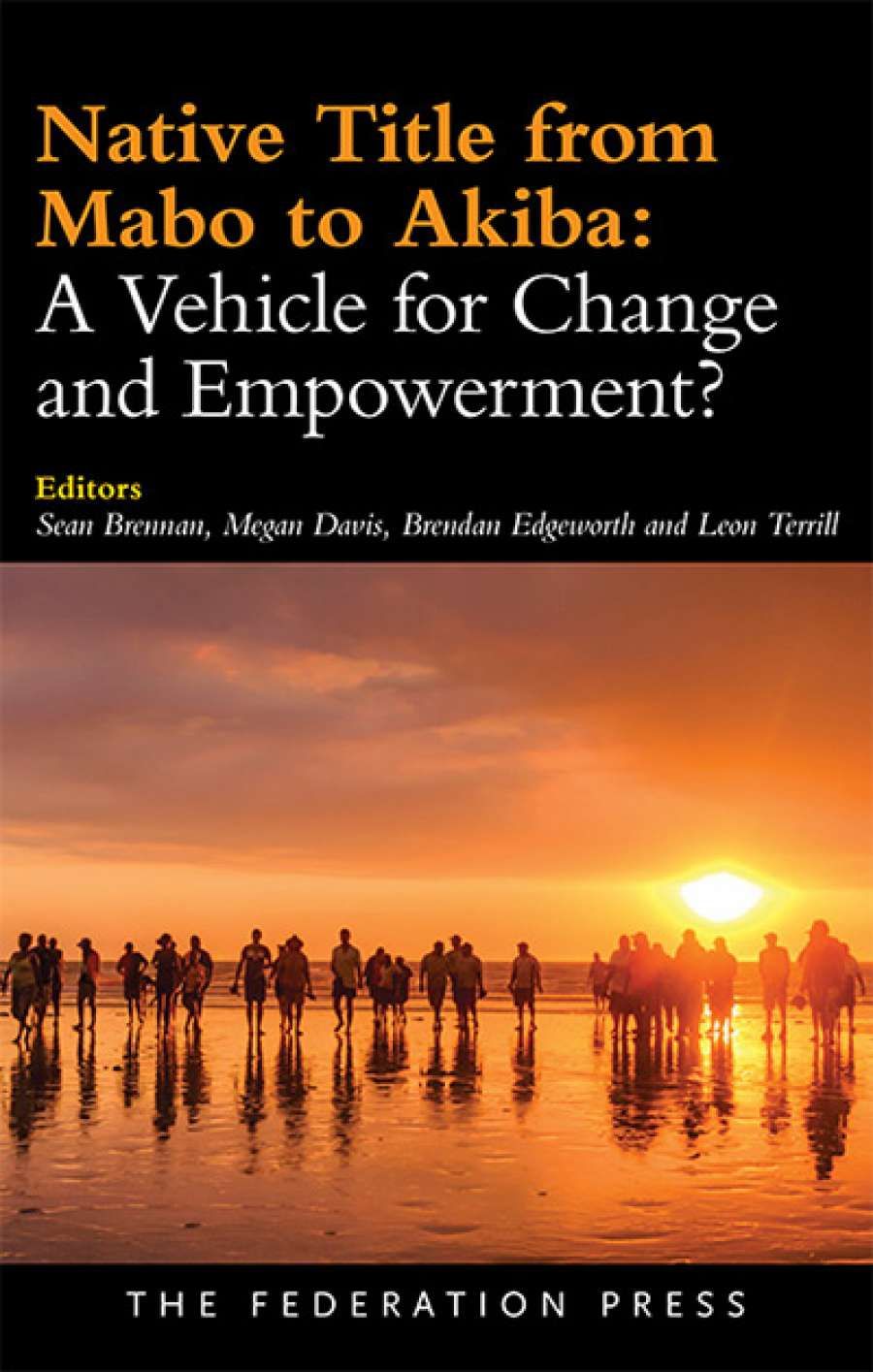
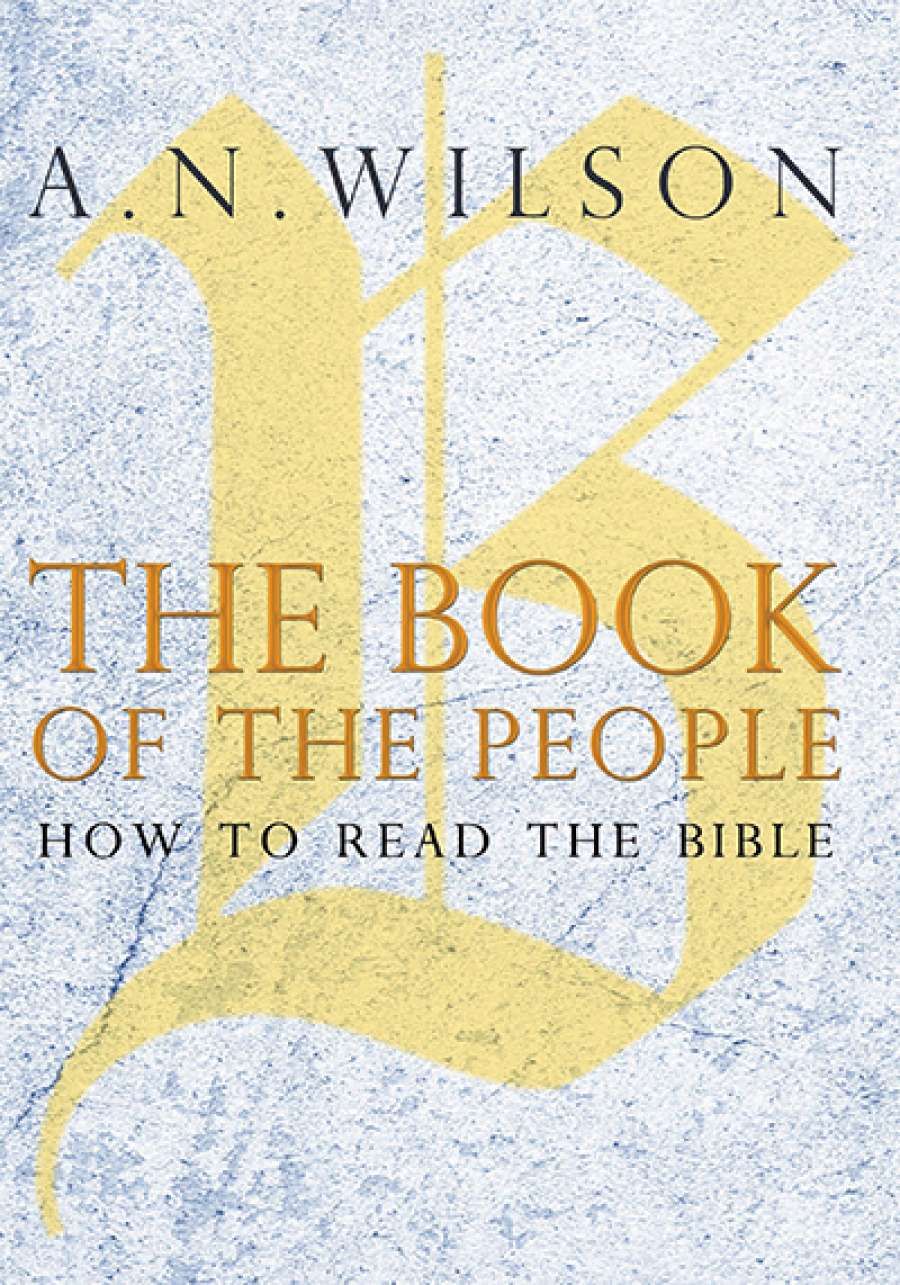
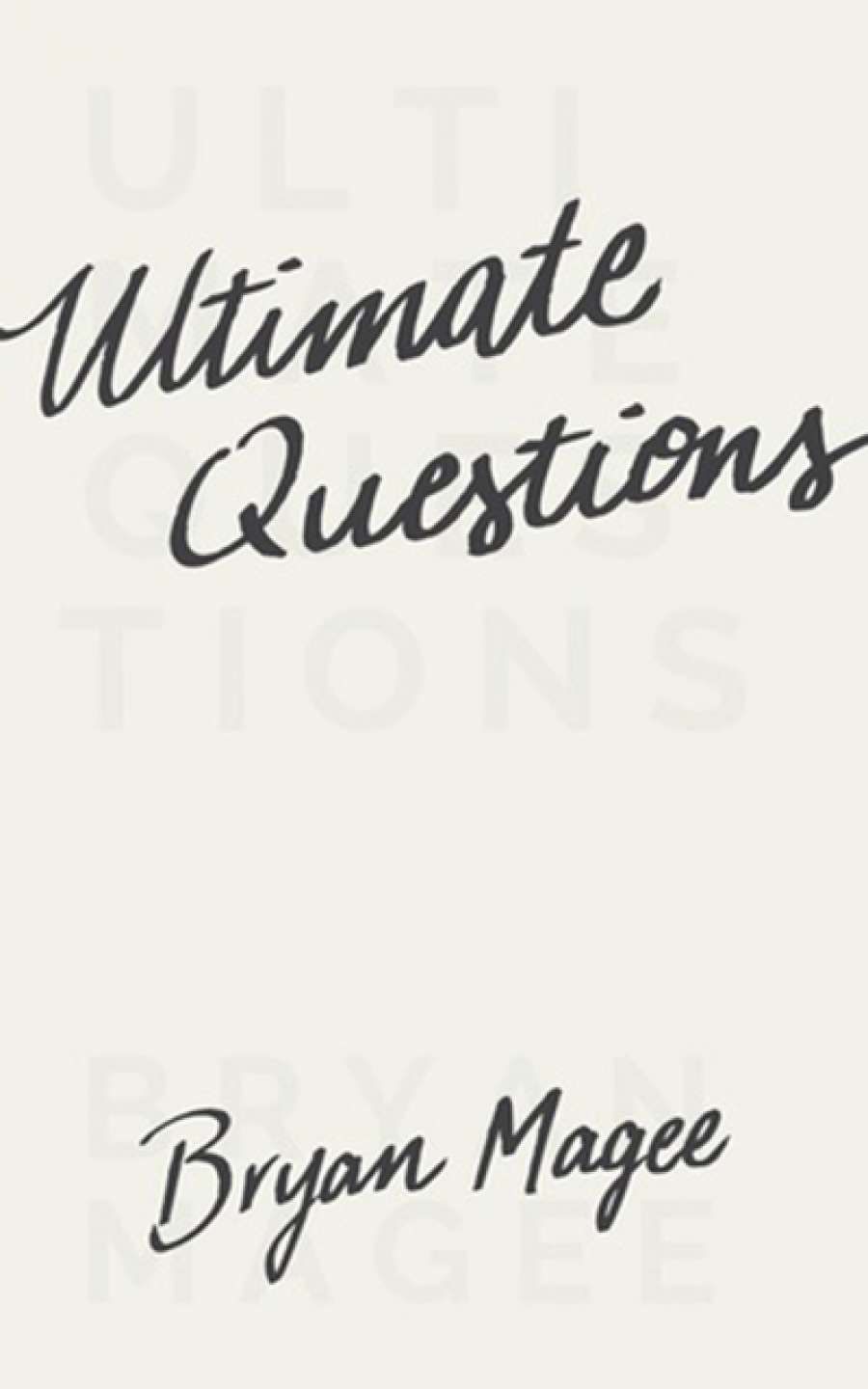
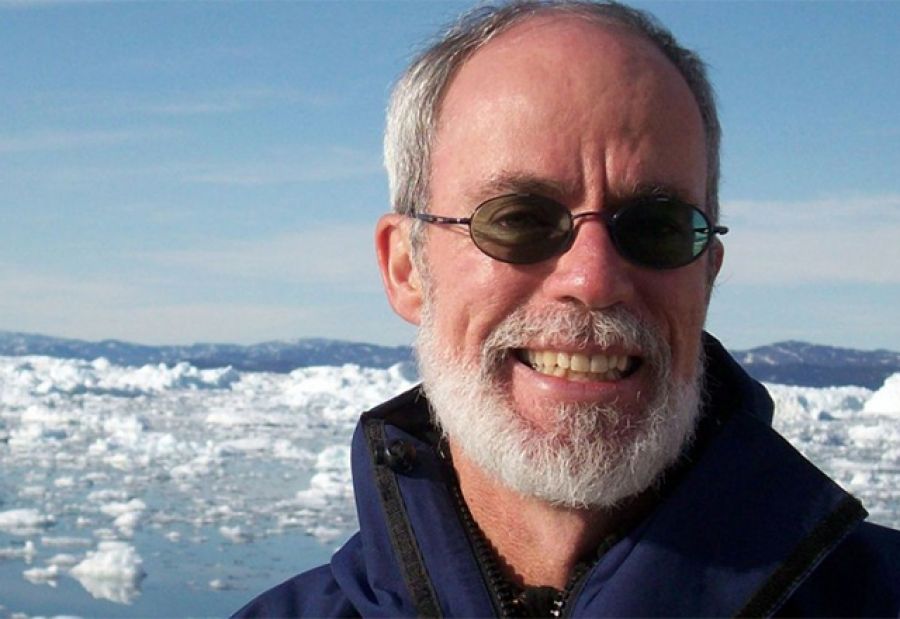
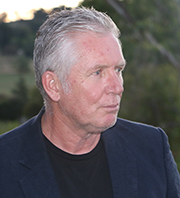
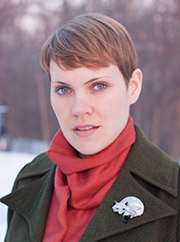
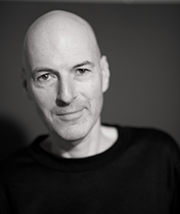
 Our next ABR Fellow is one of Australia's most laurelled historians. Alan Atkinson – Emeritus Professor History at the University of New England, and Honorary Professor at the University of Sydney – is the
Our next ABR Fellow is one of Australia's most laurelled historians. Alan Atkinson – Emeritus Professor History at the University of New England, and Honorary Professor at the University of Sydney – is the